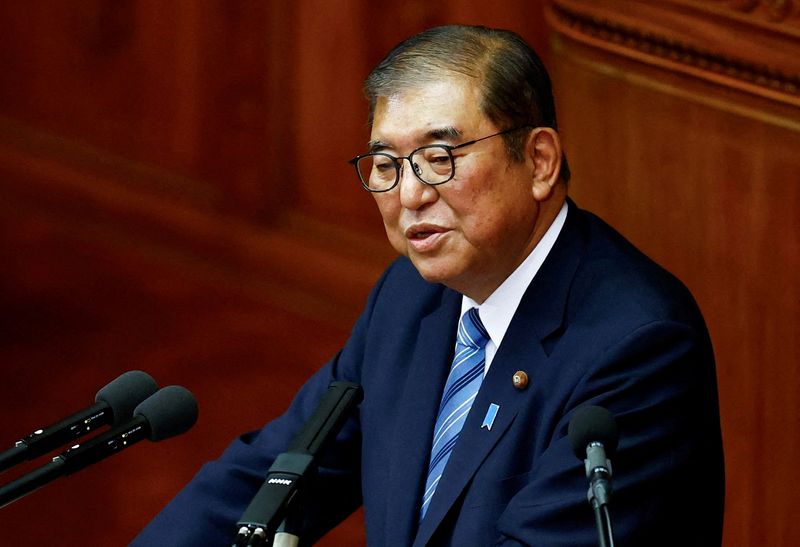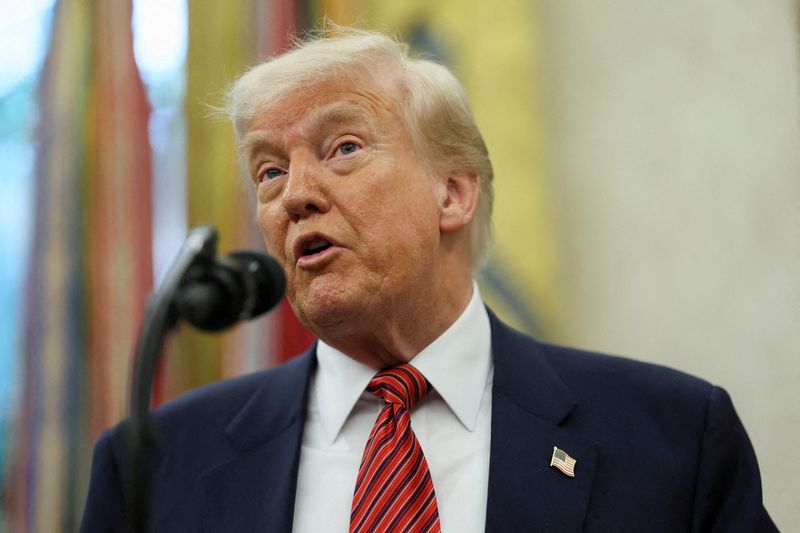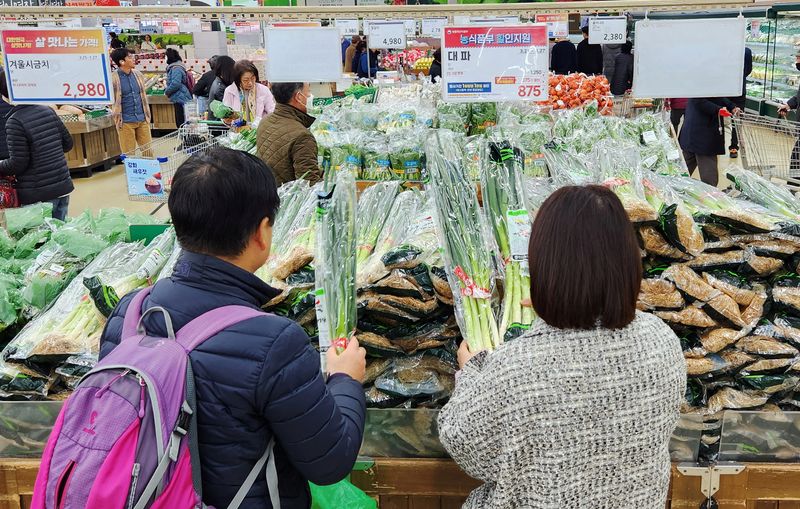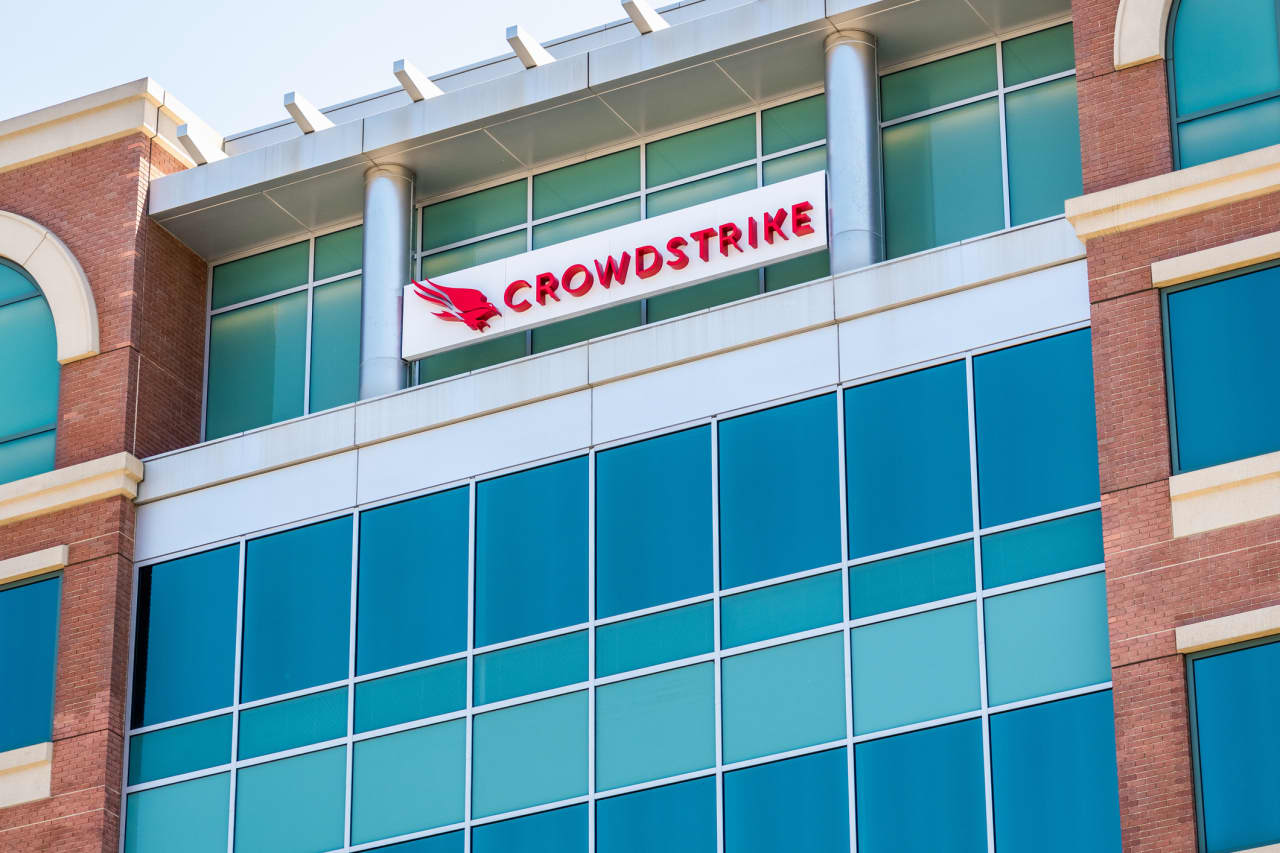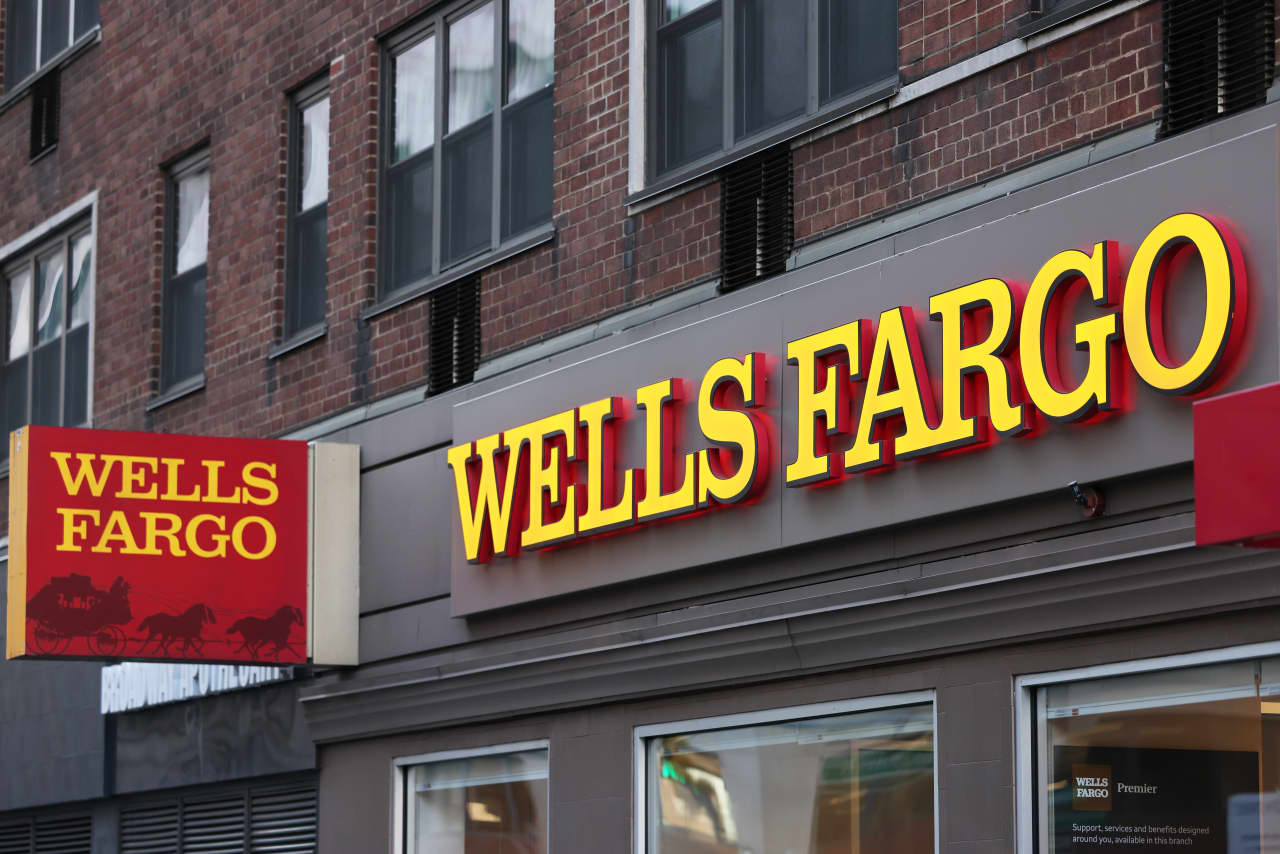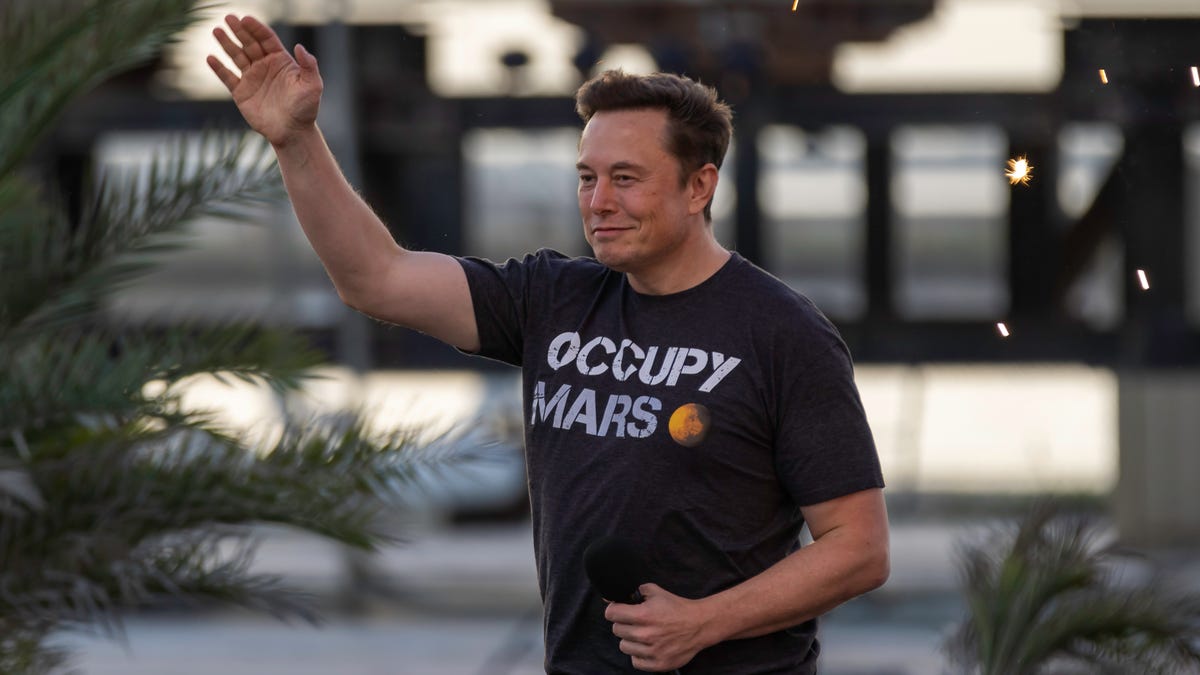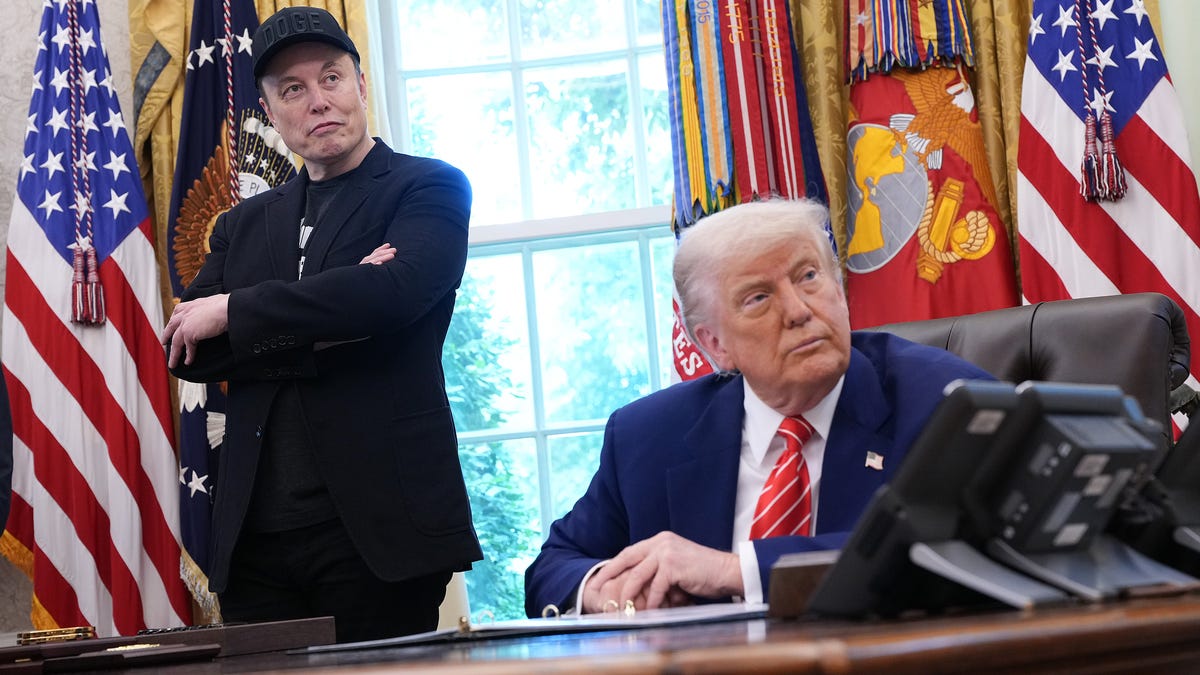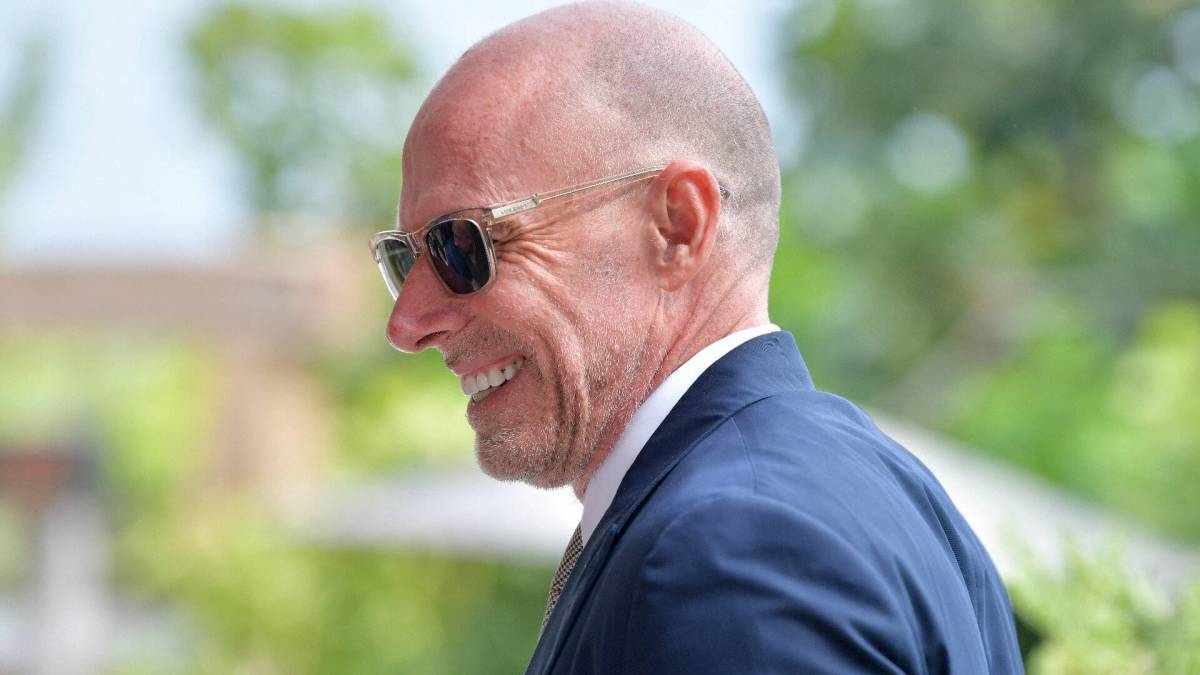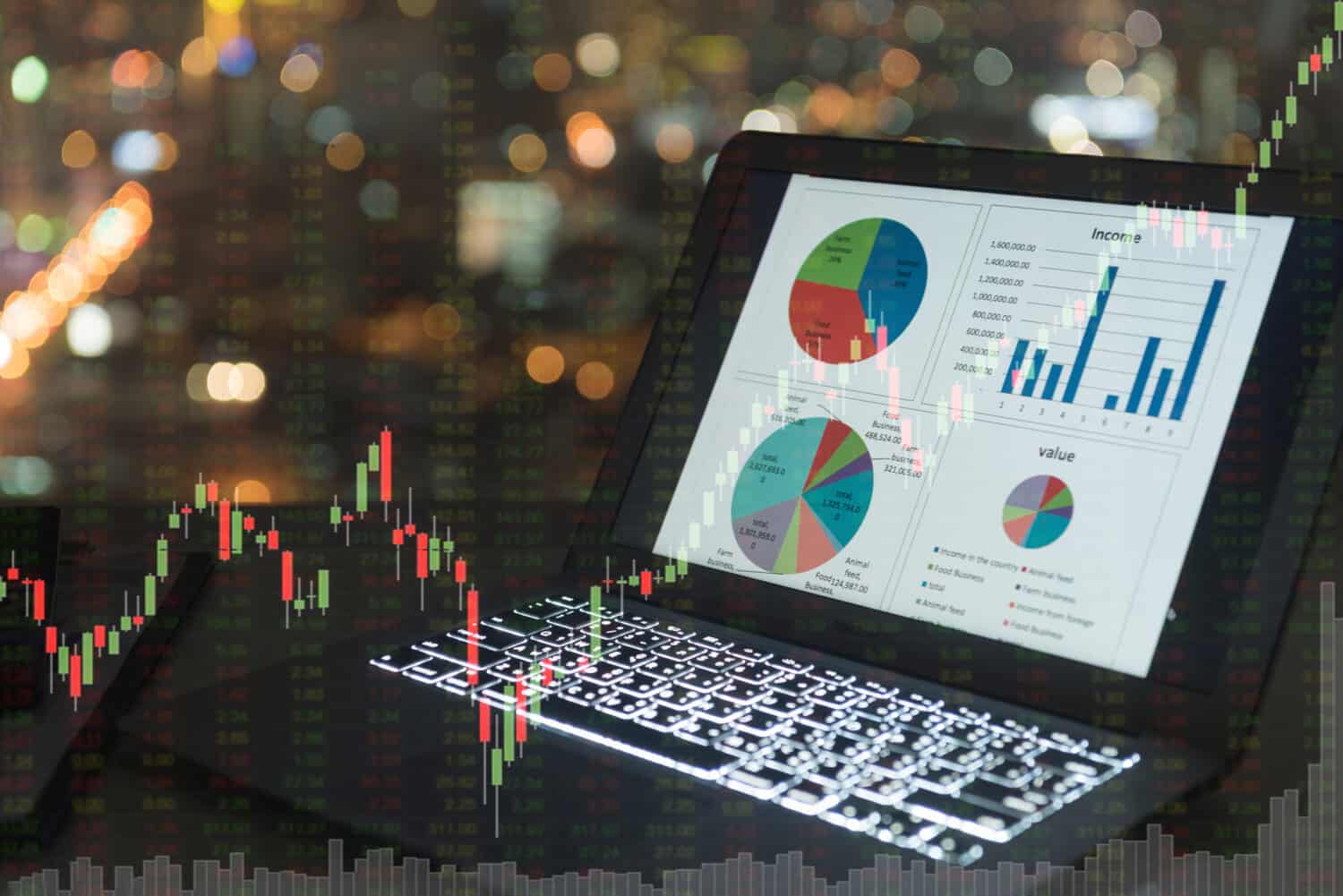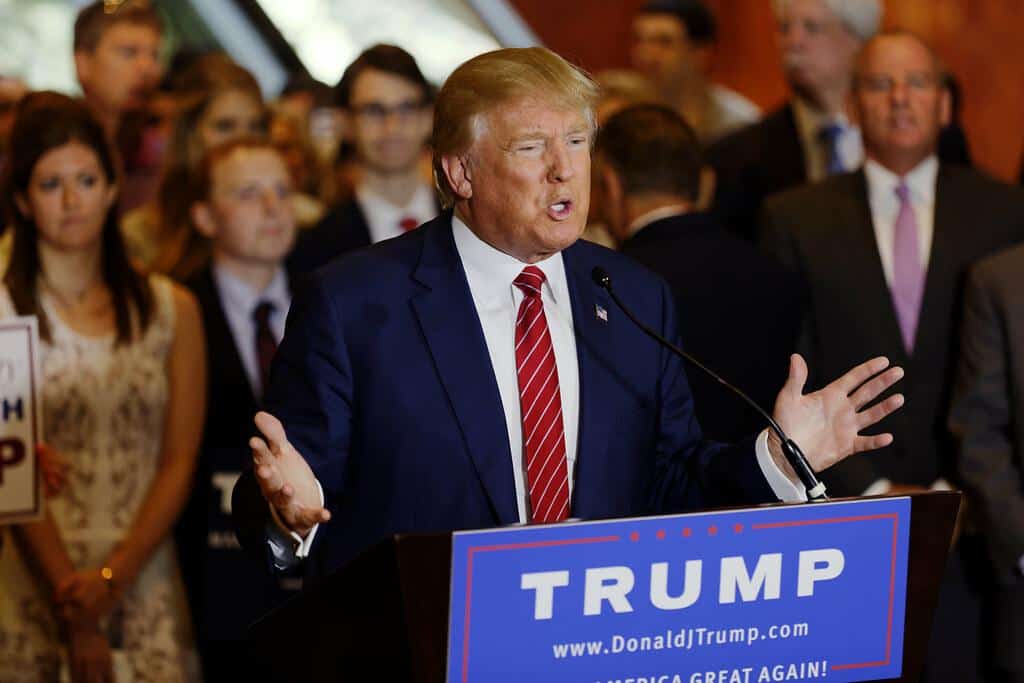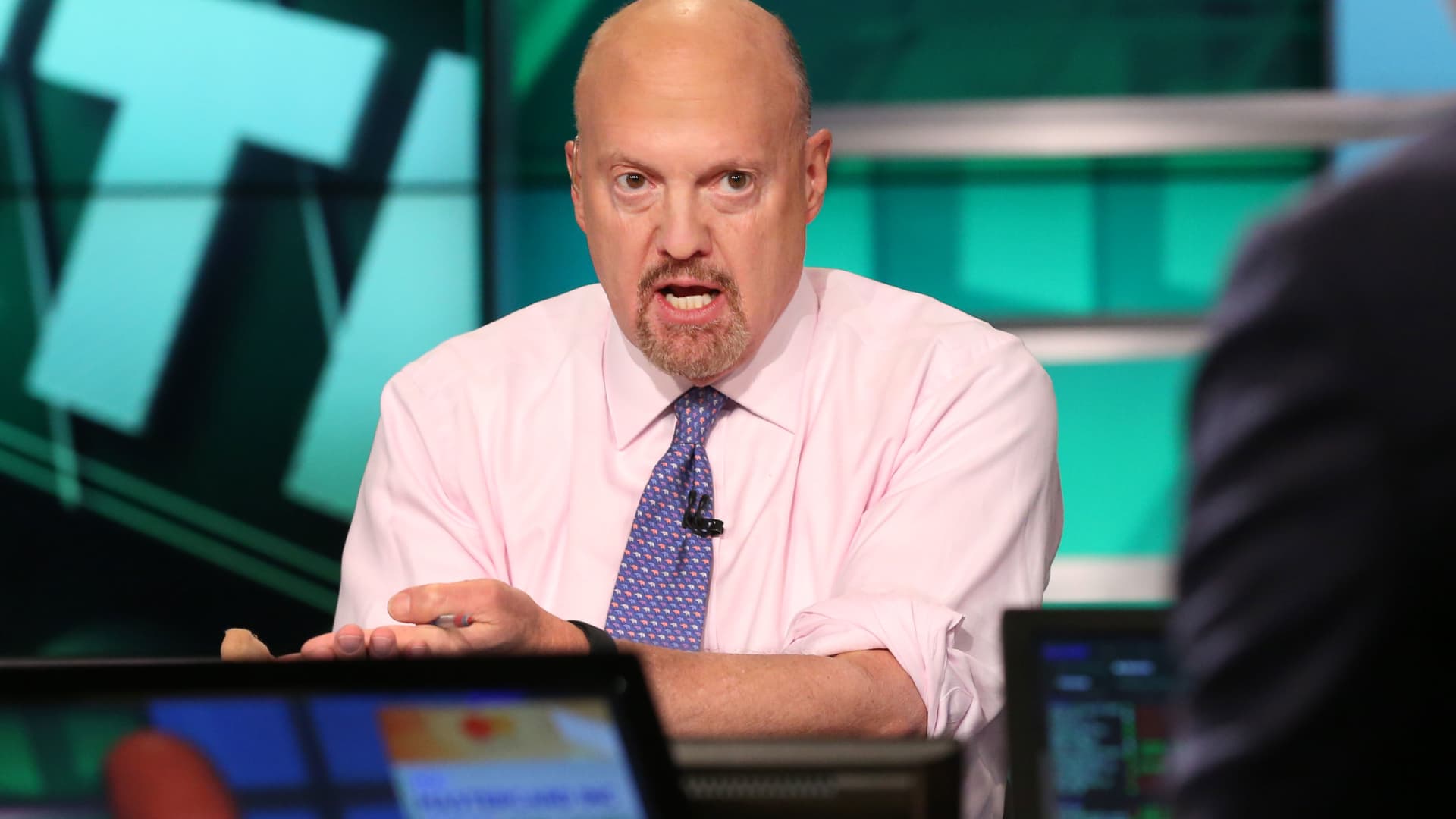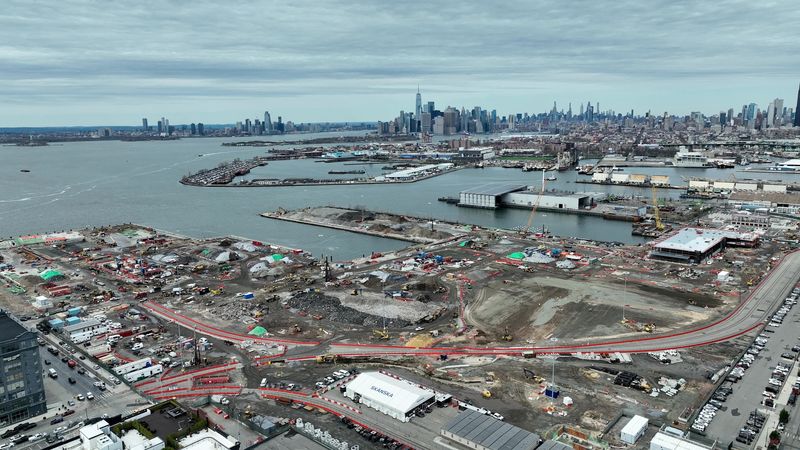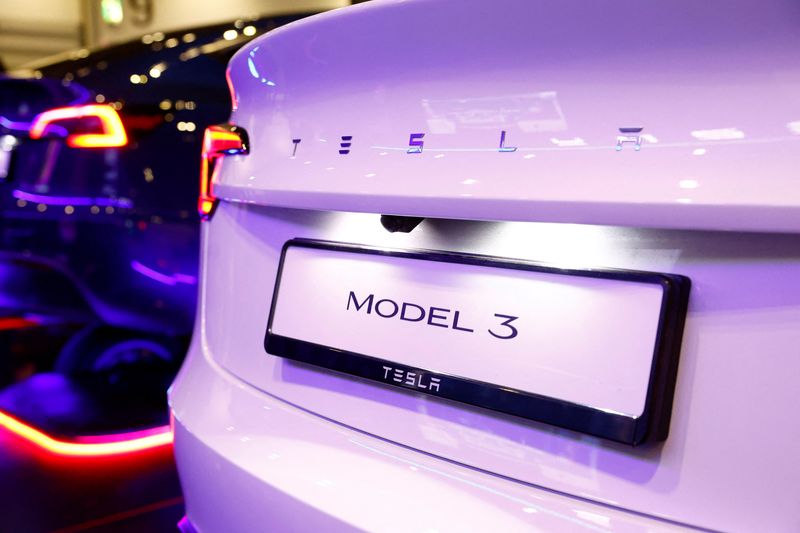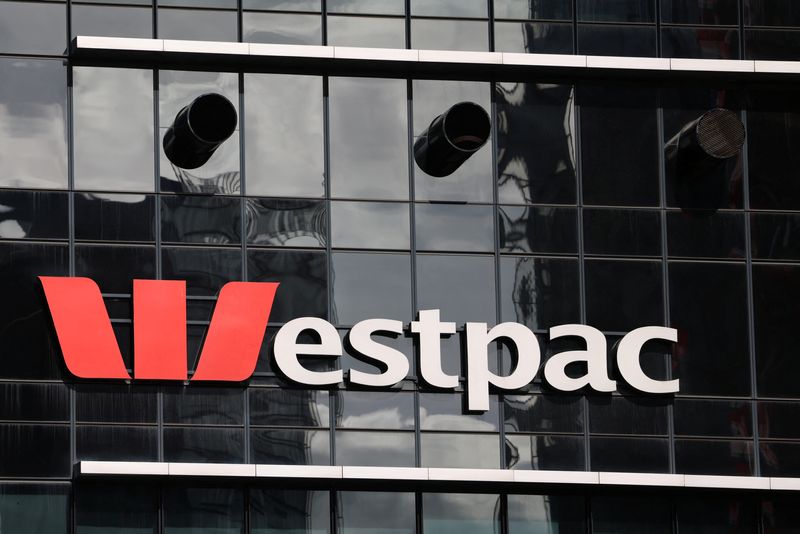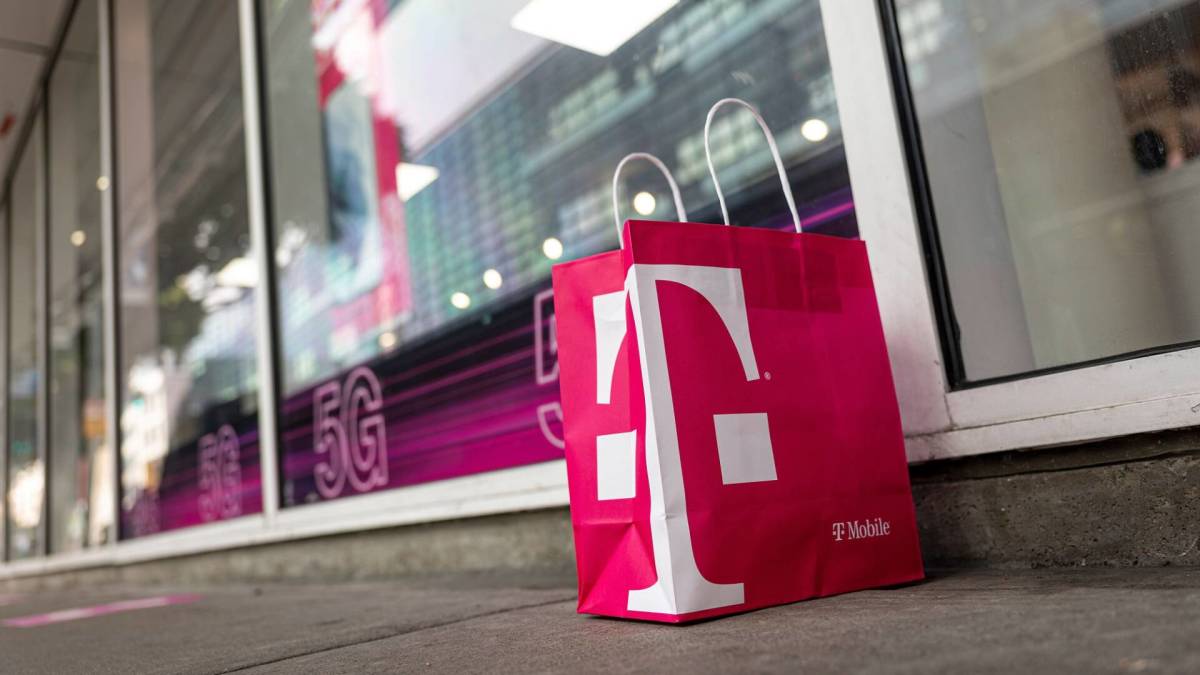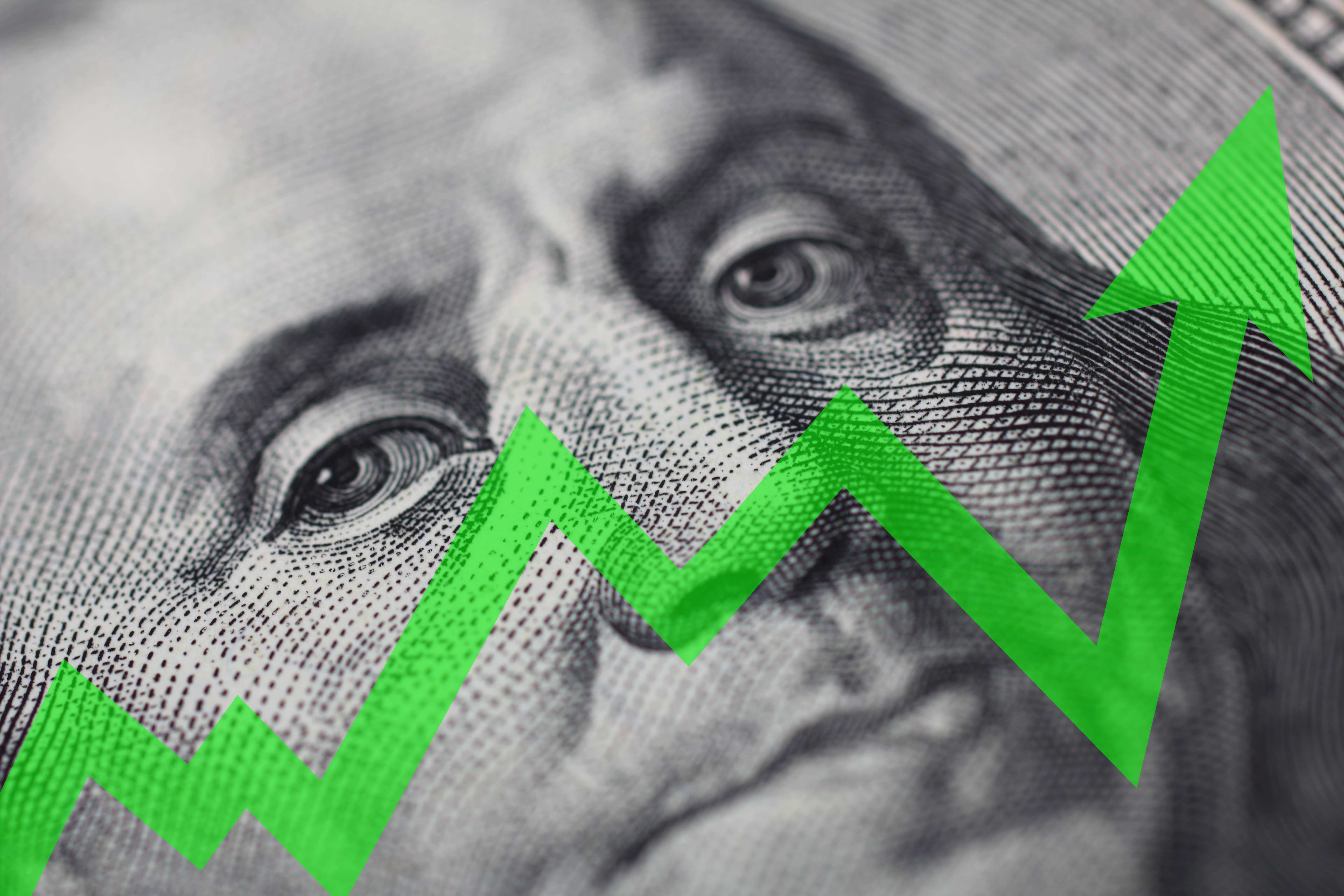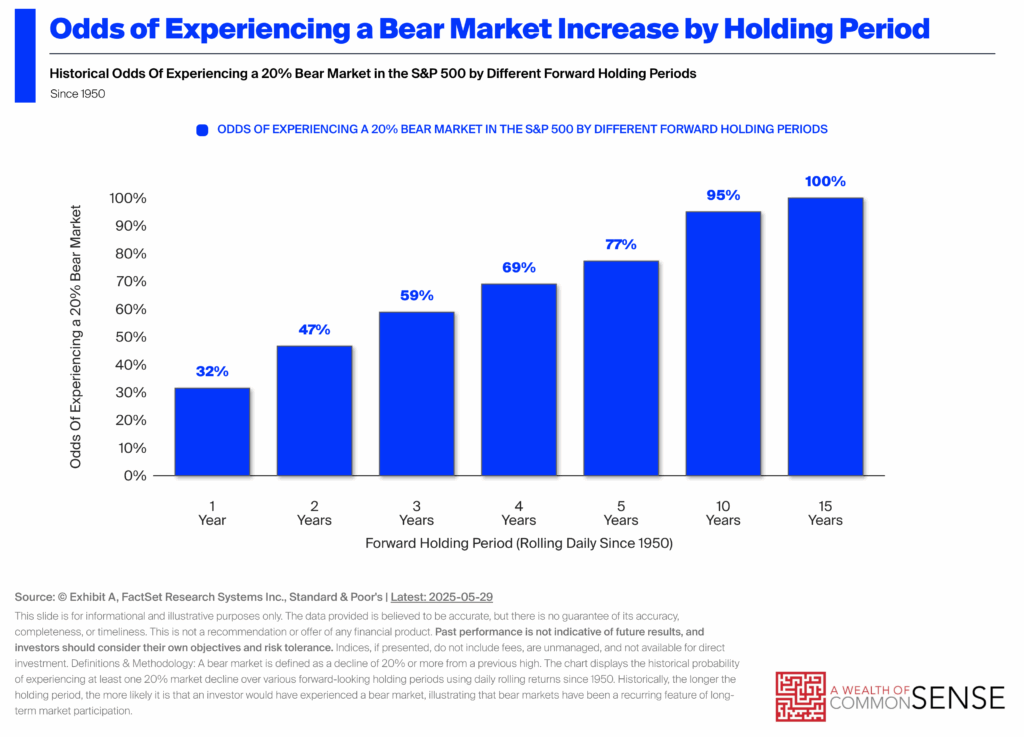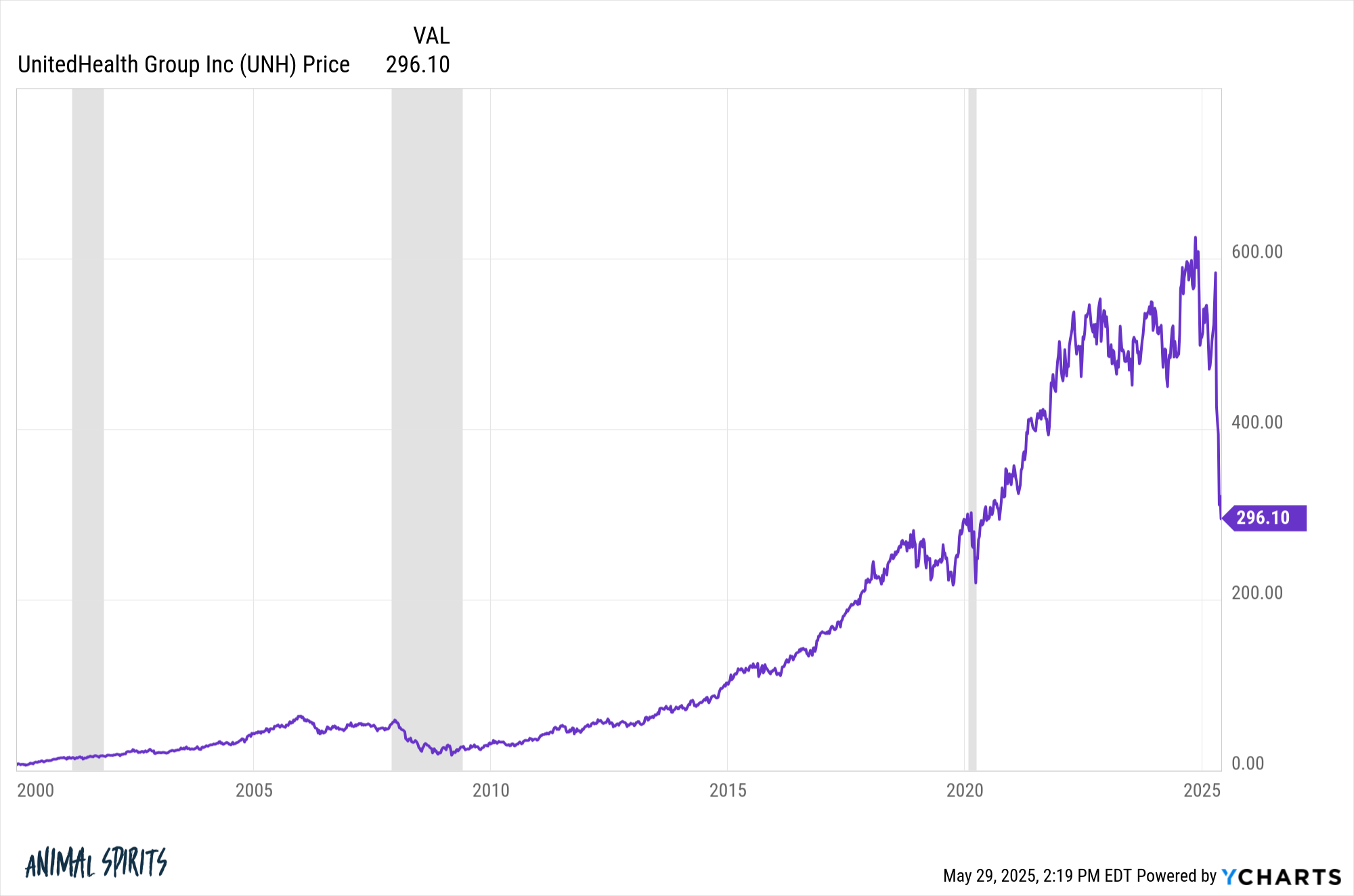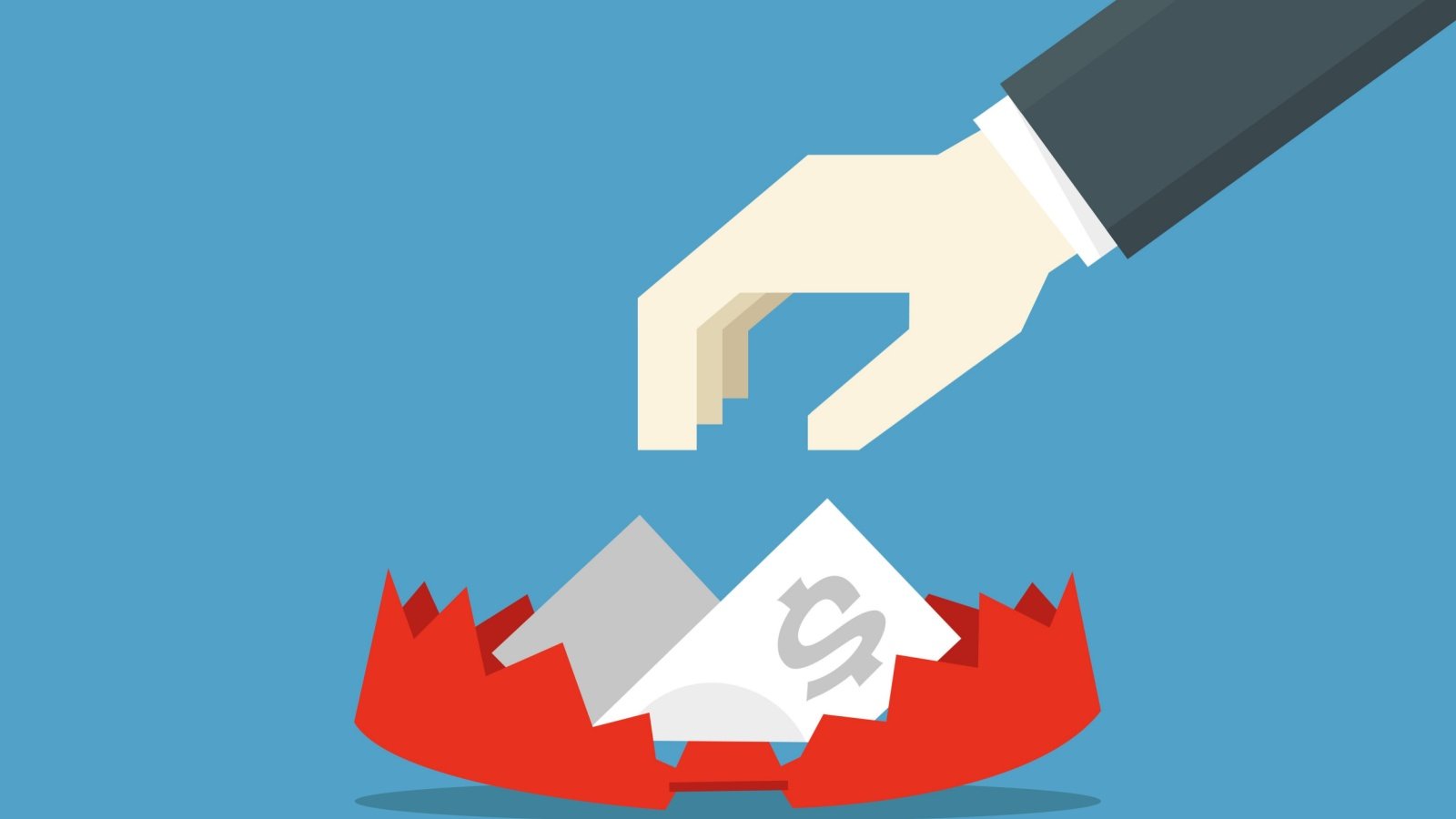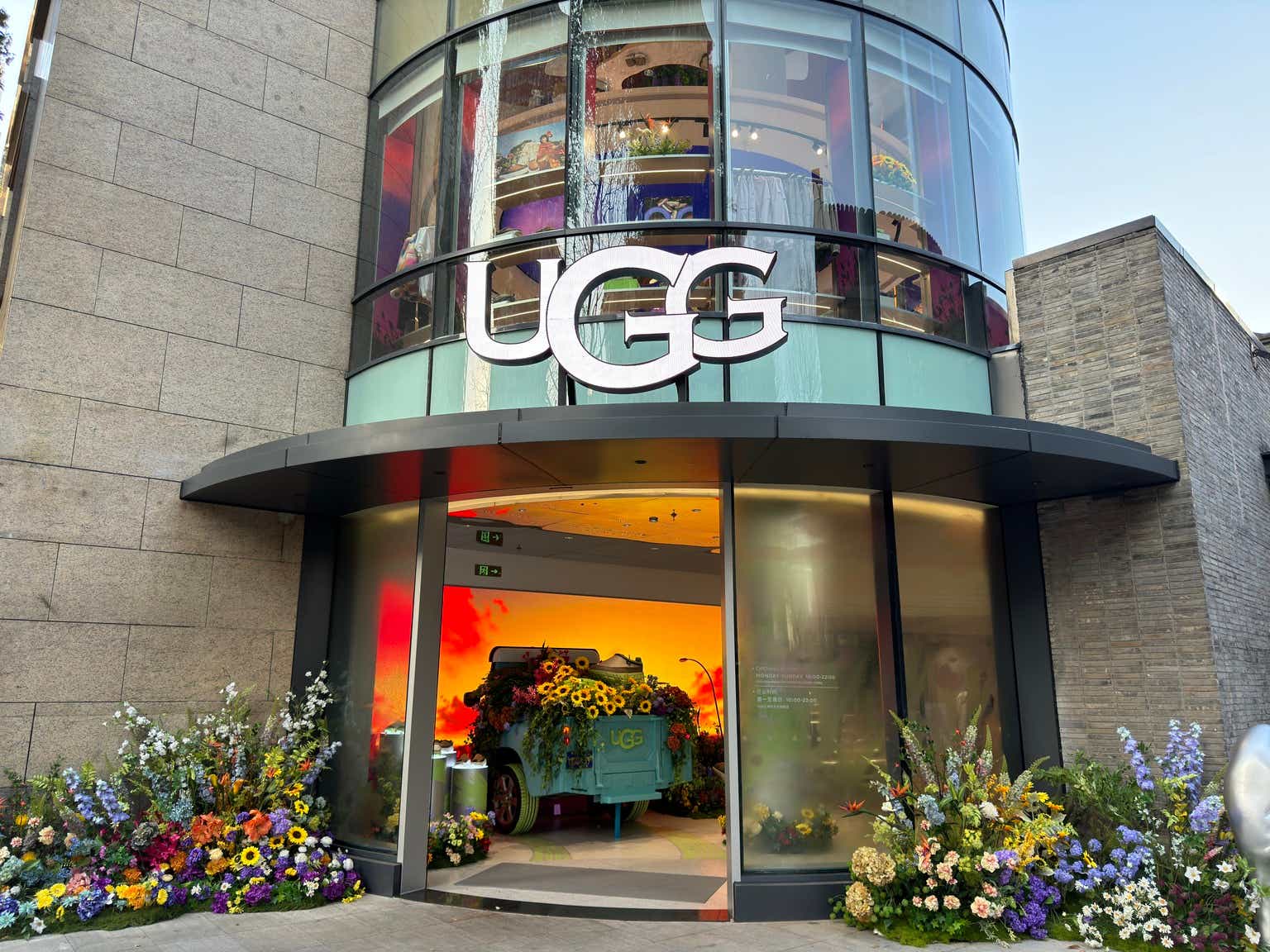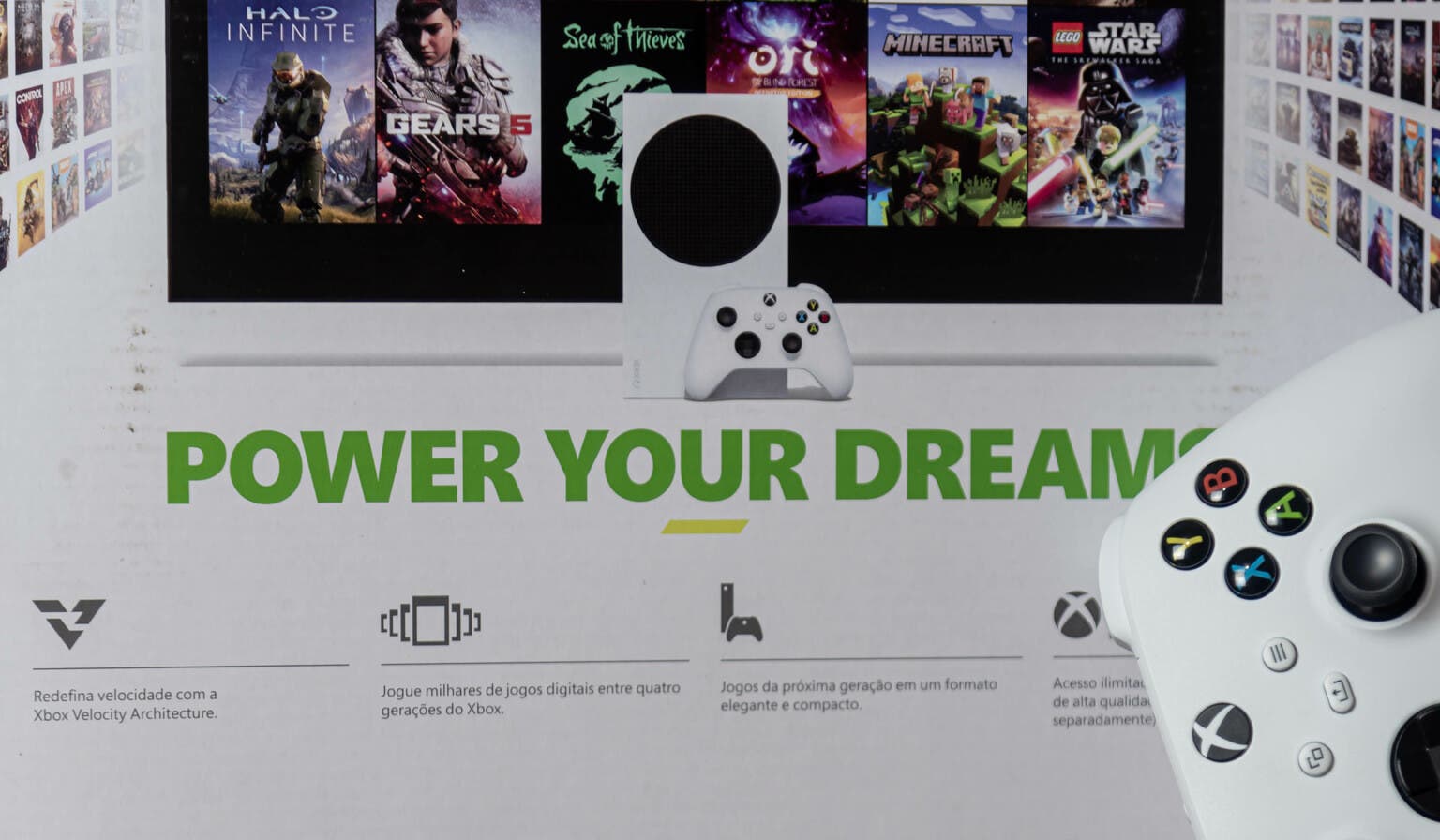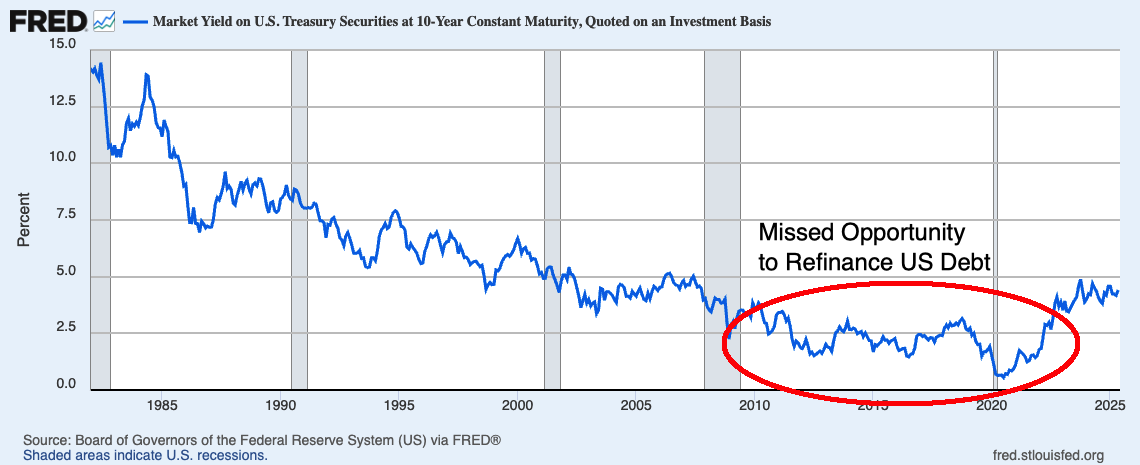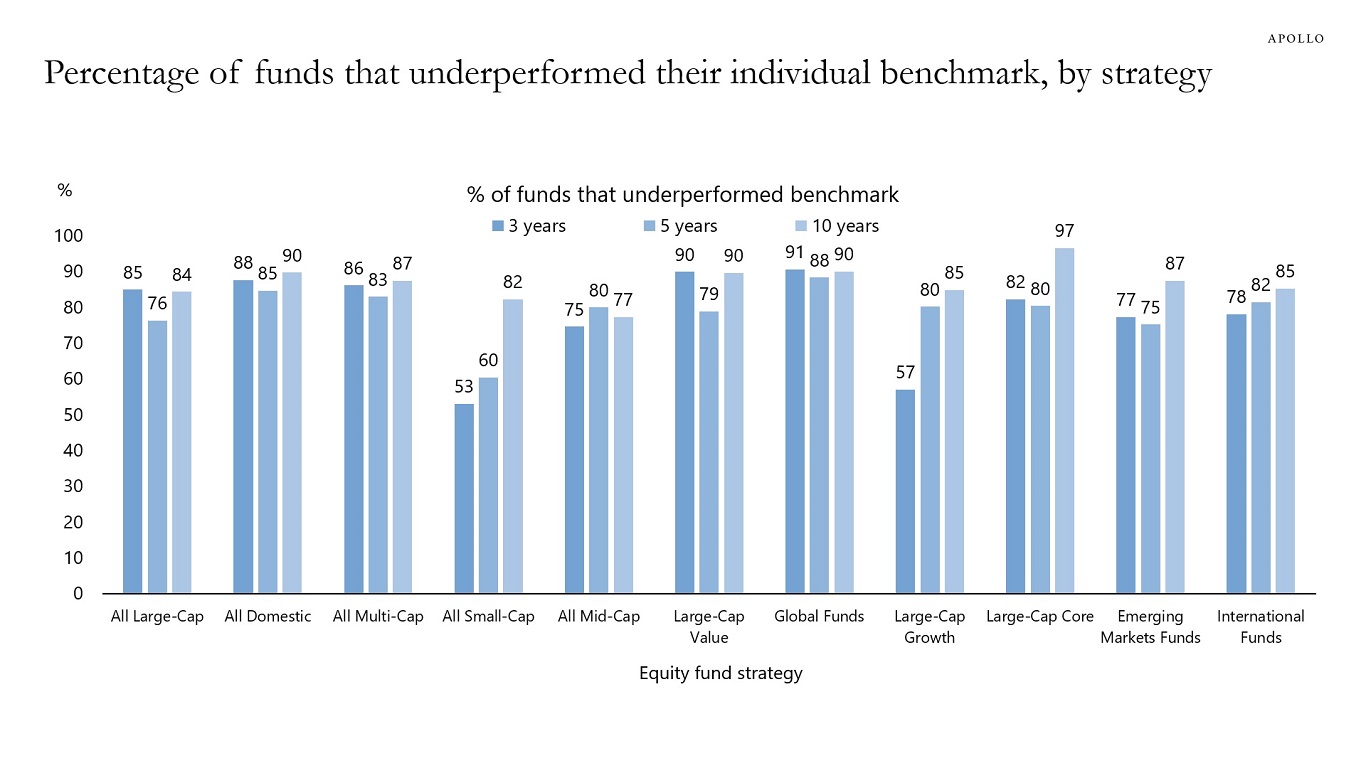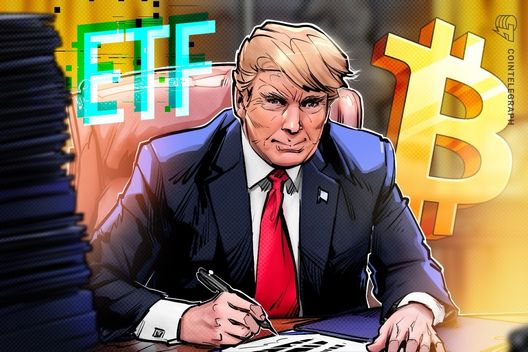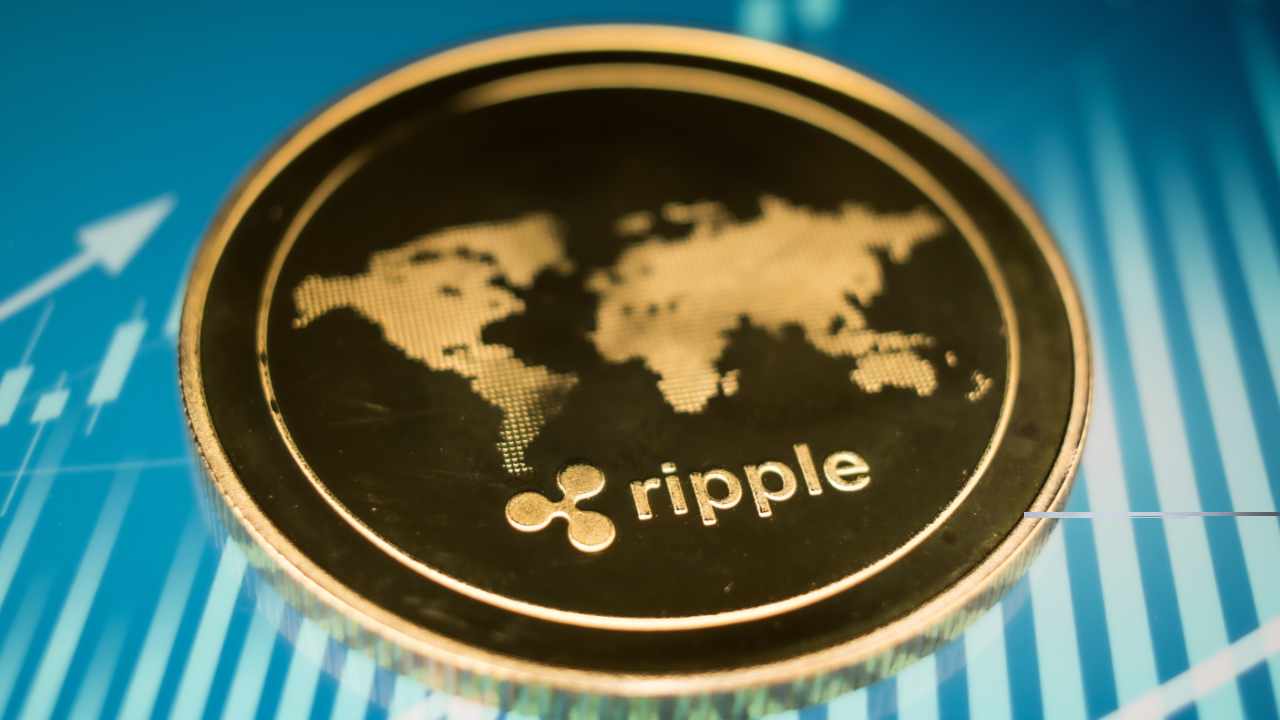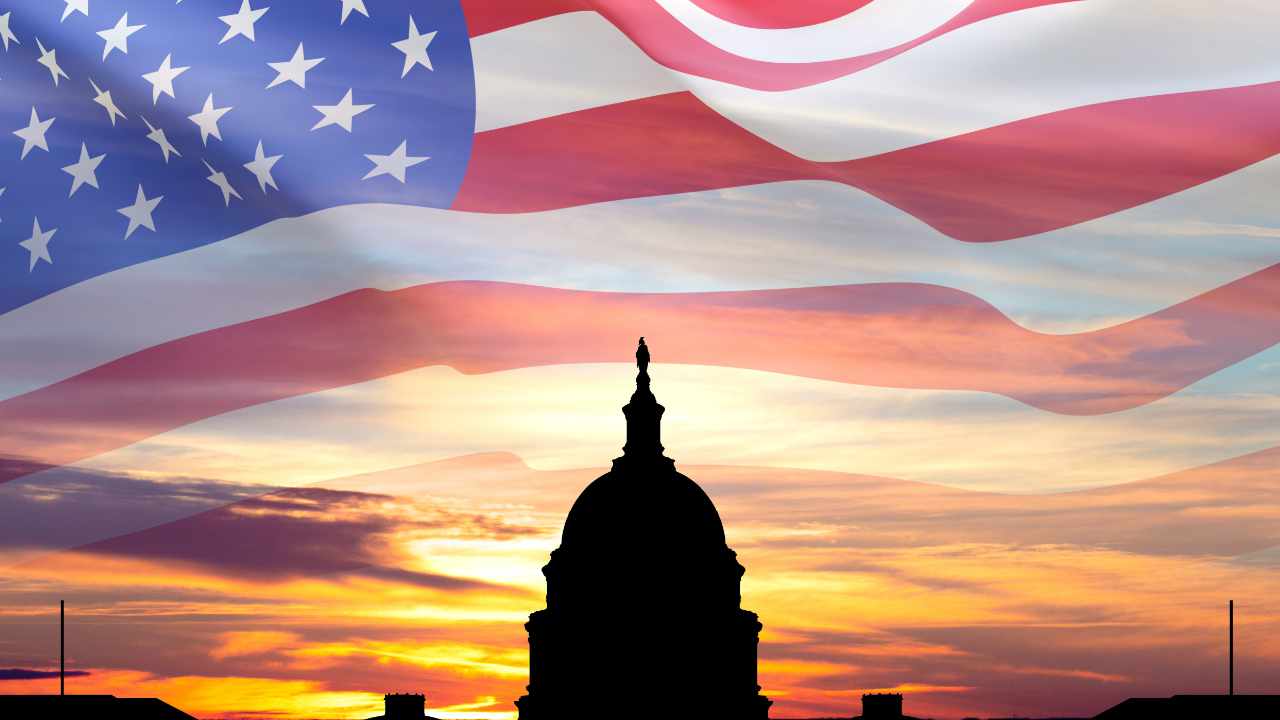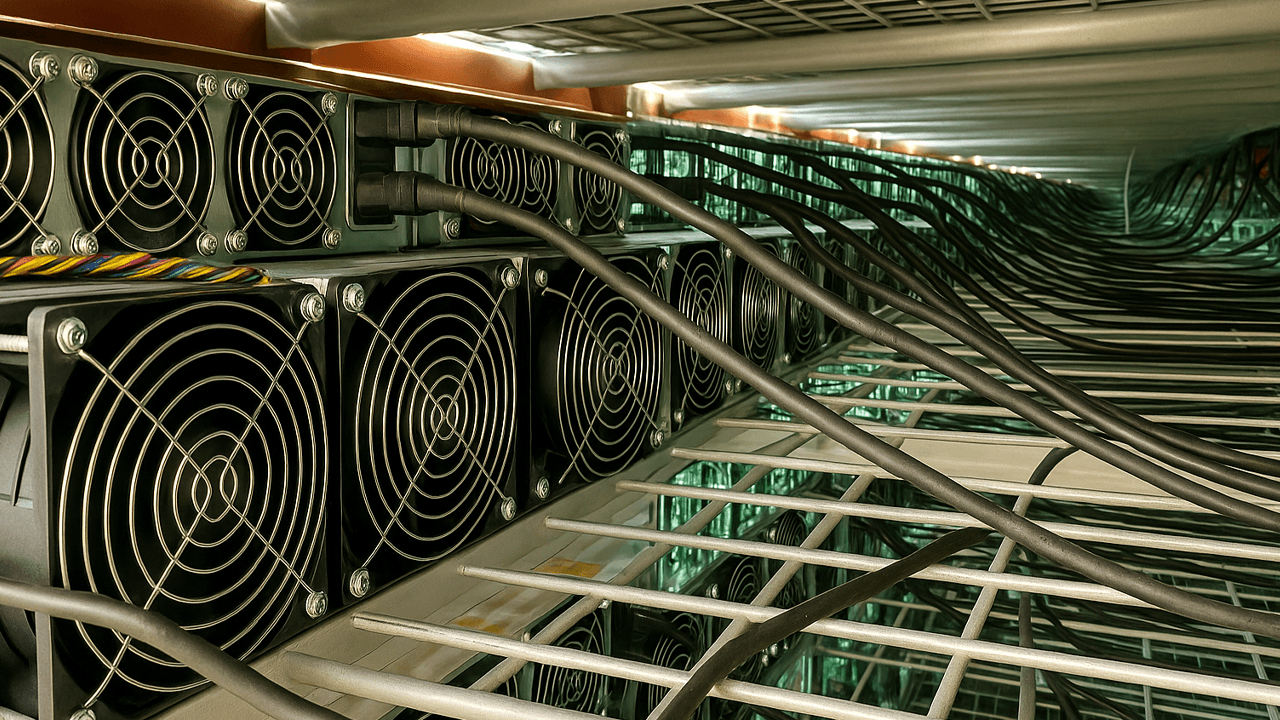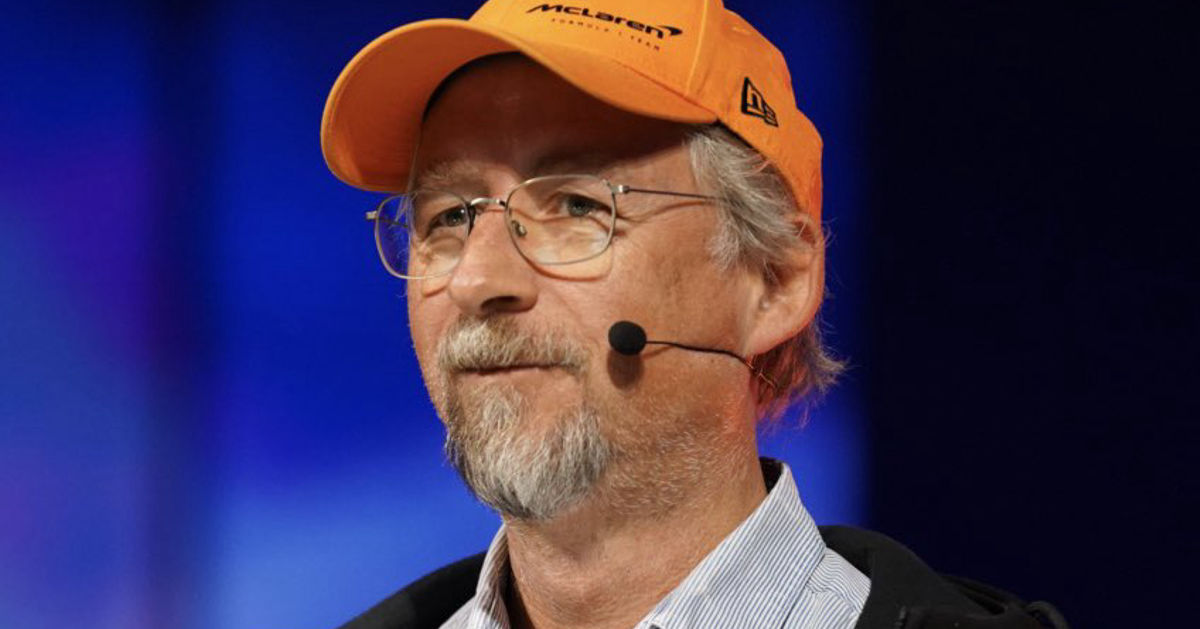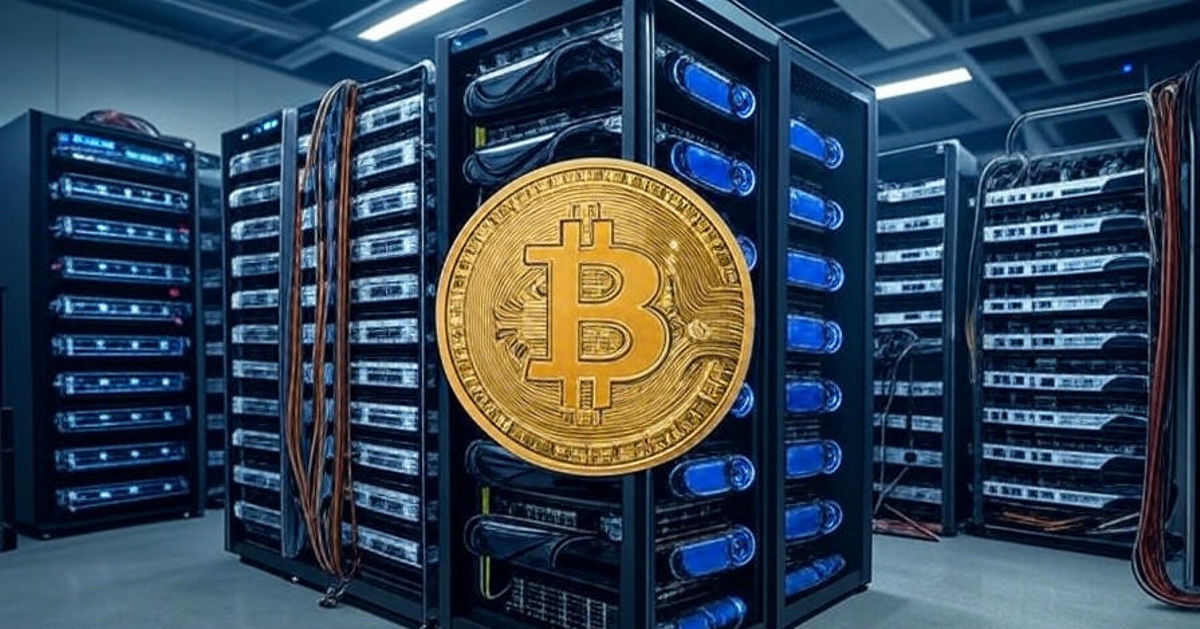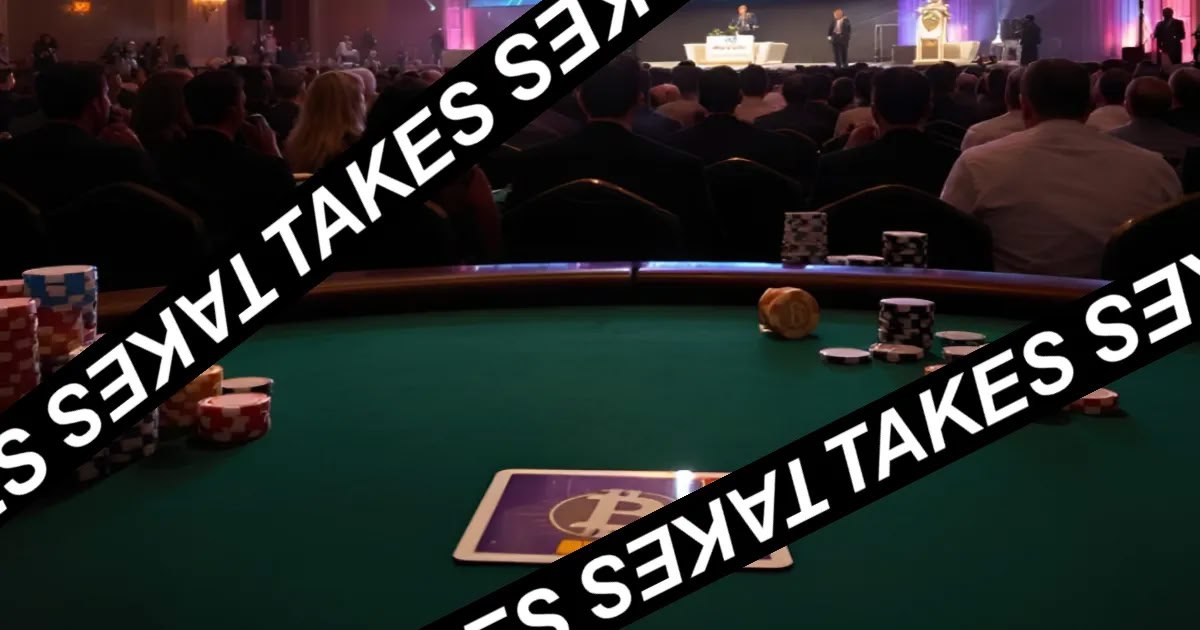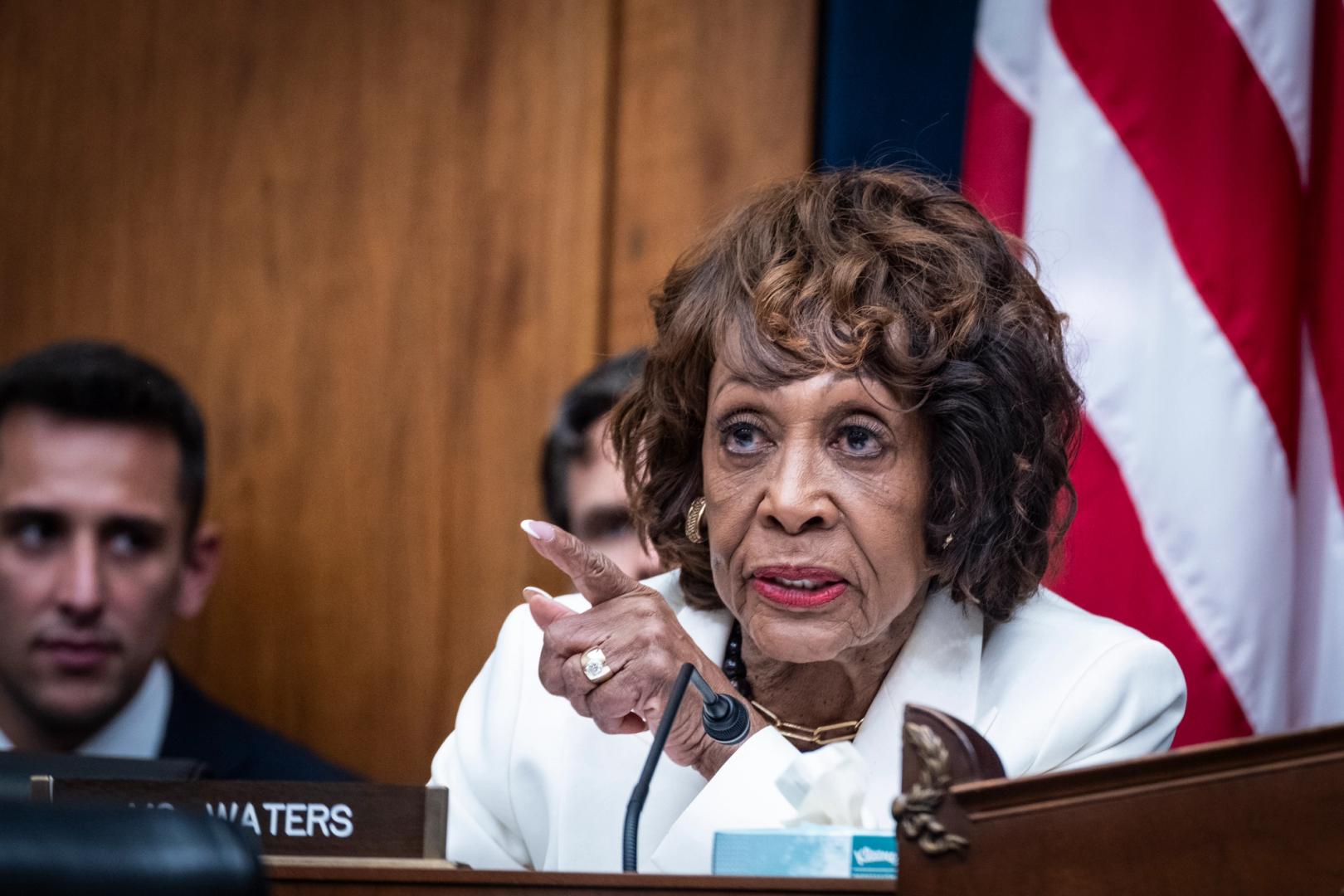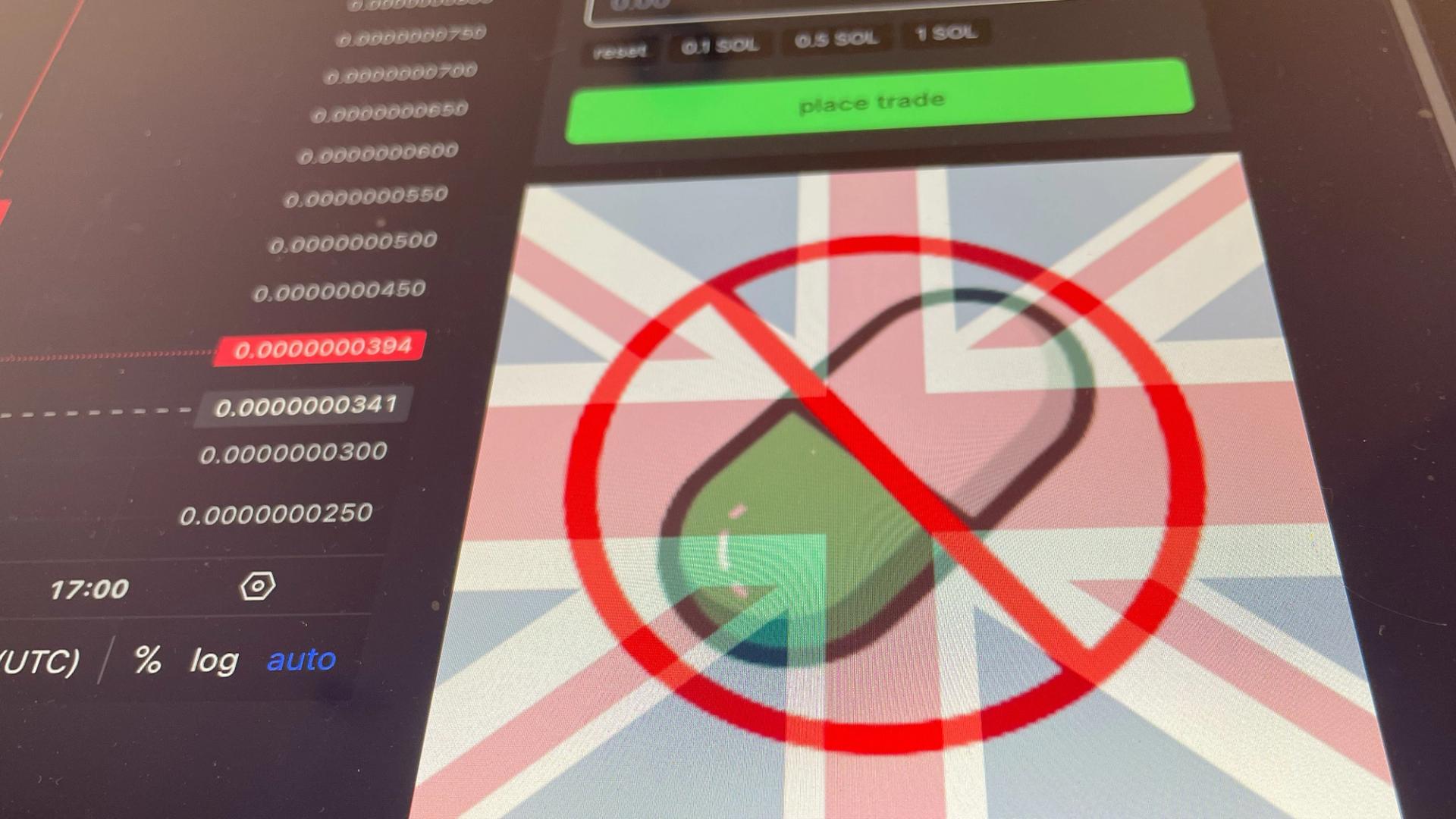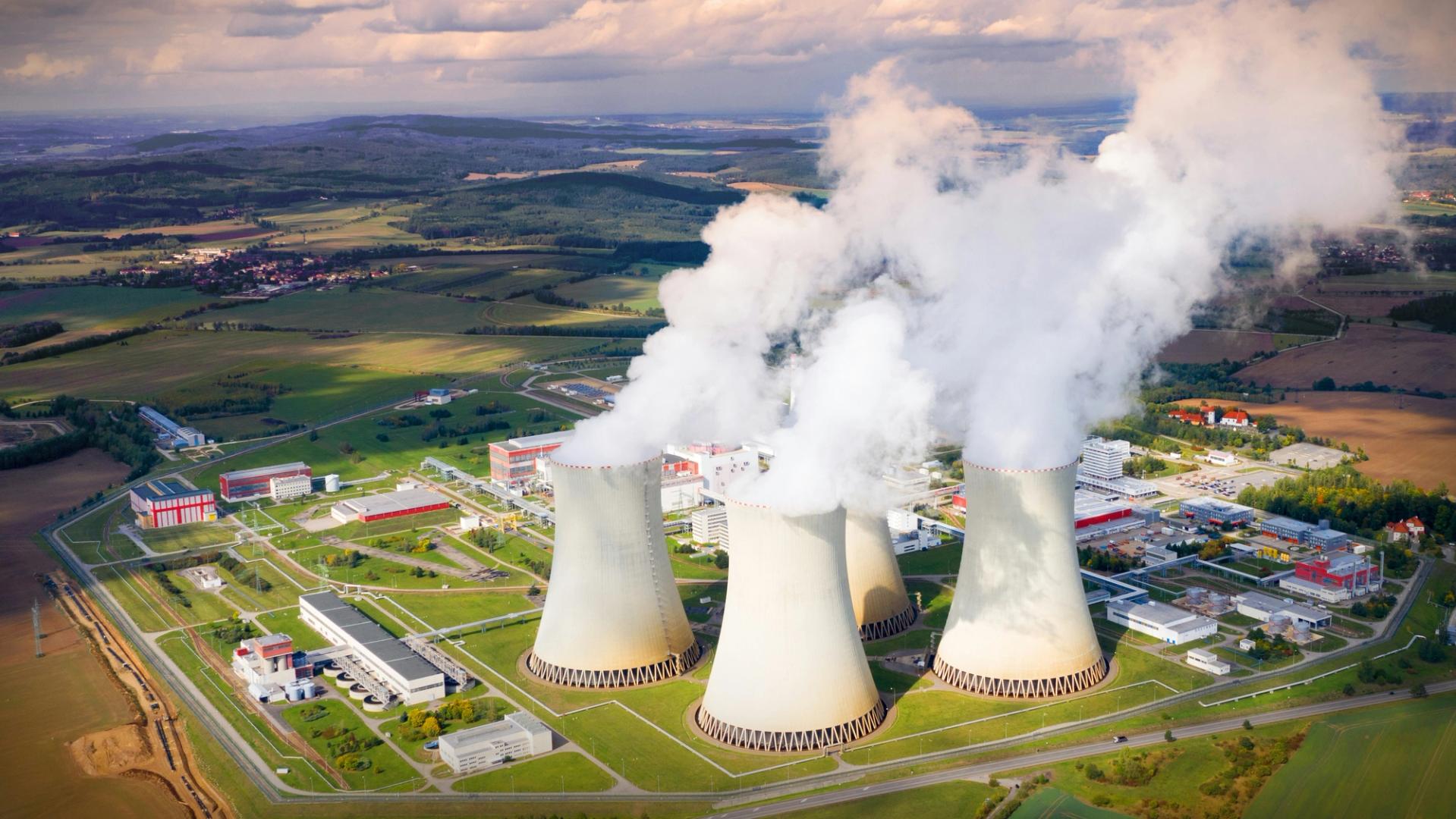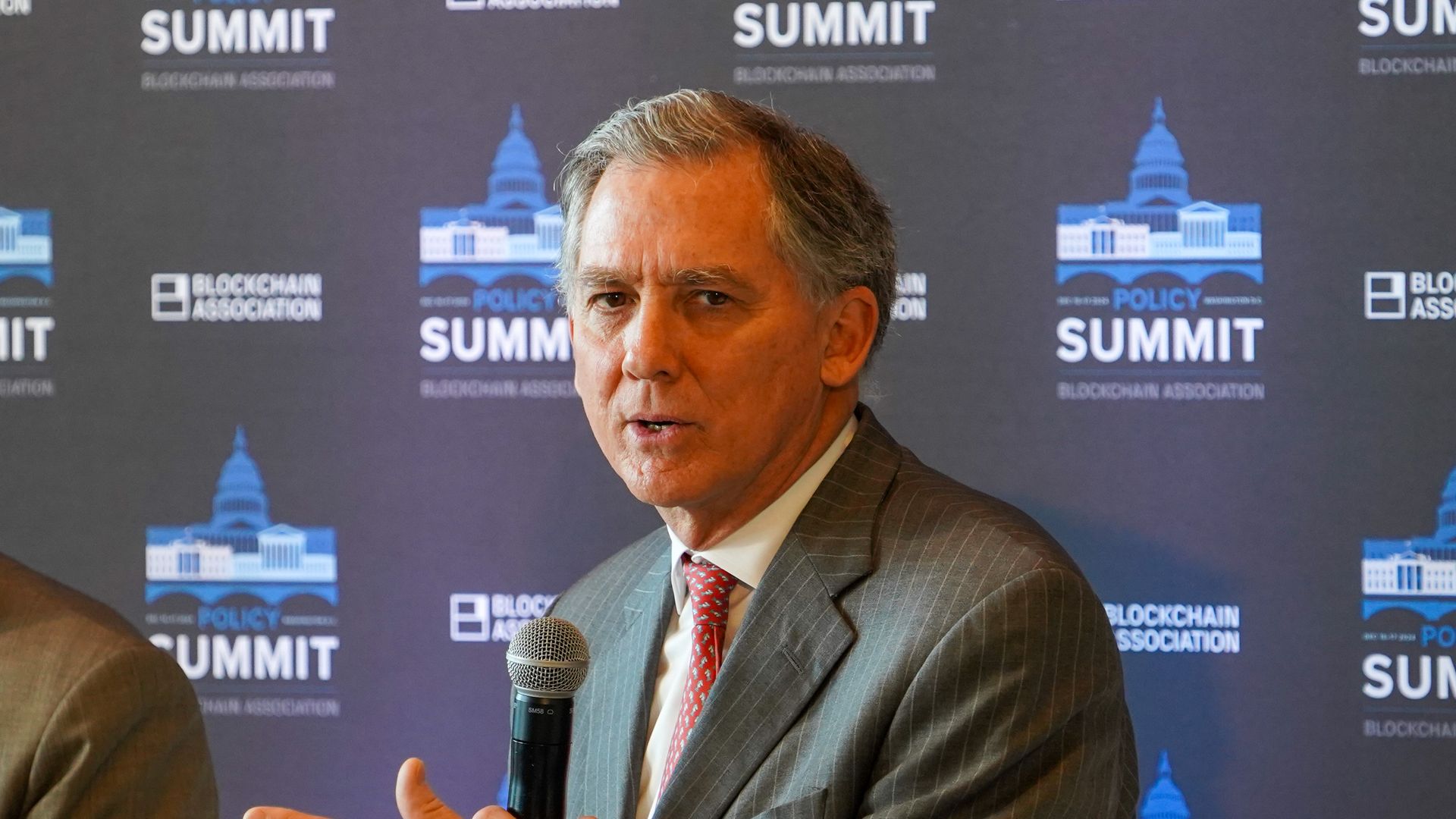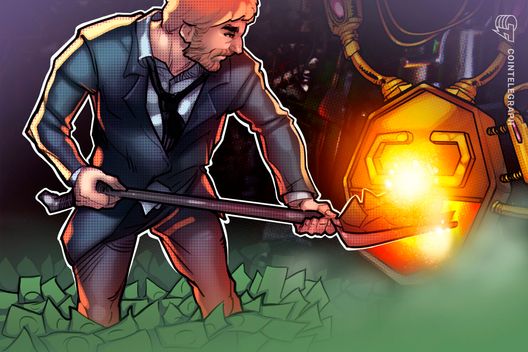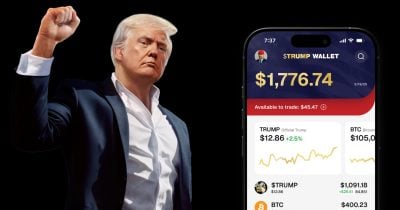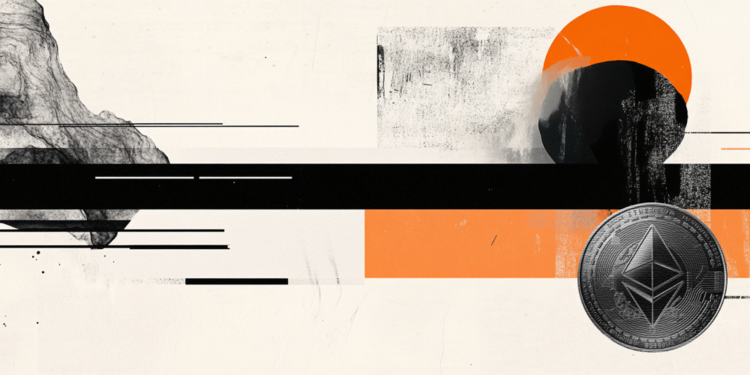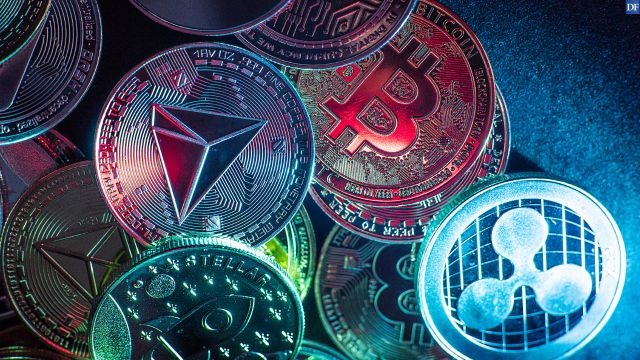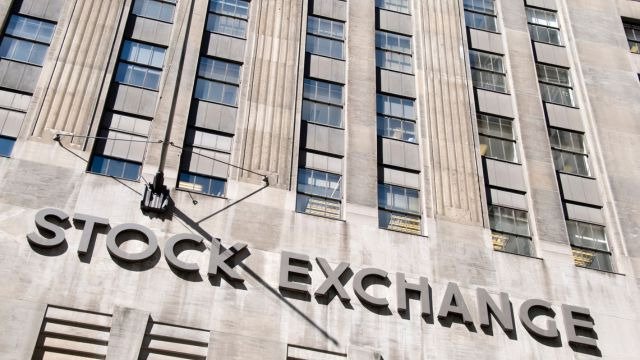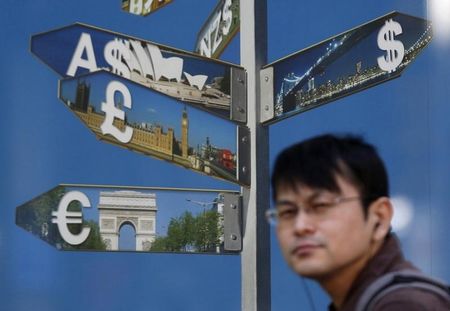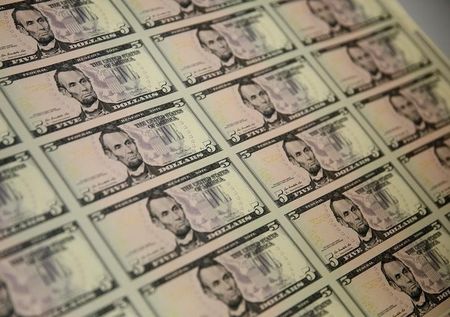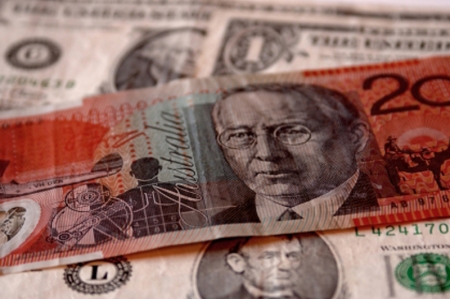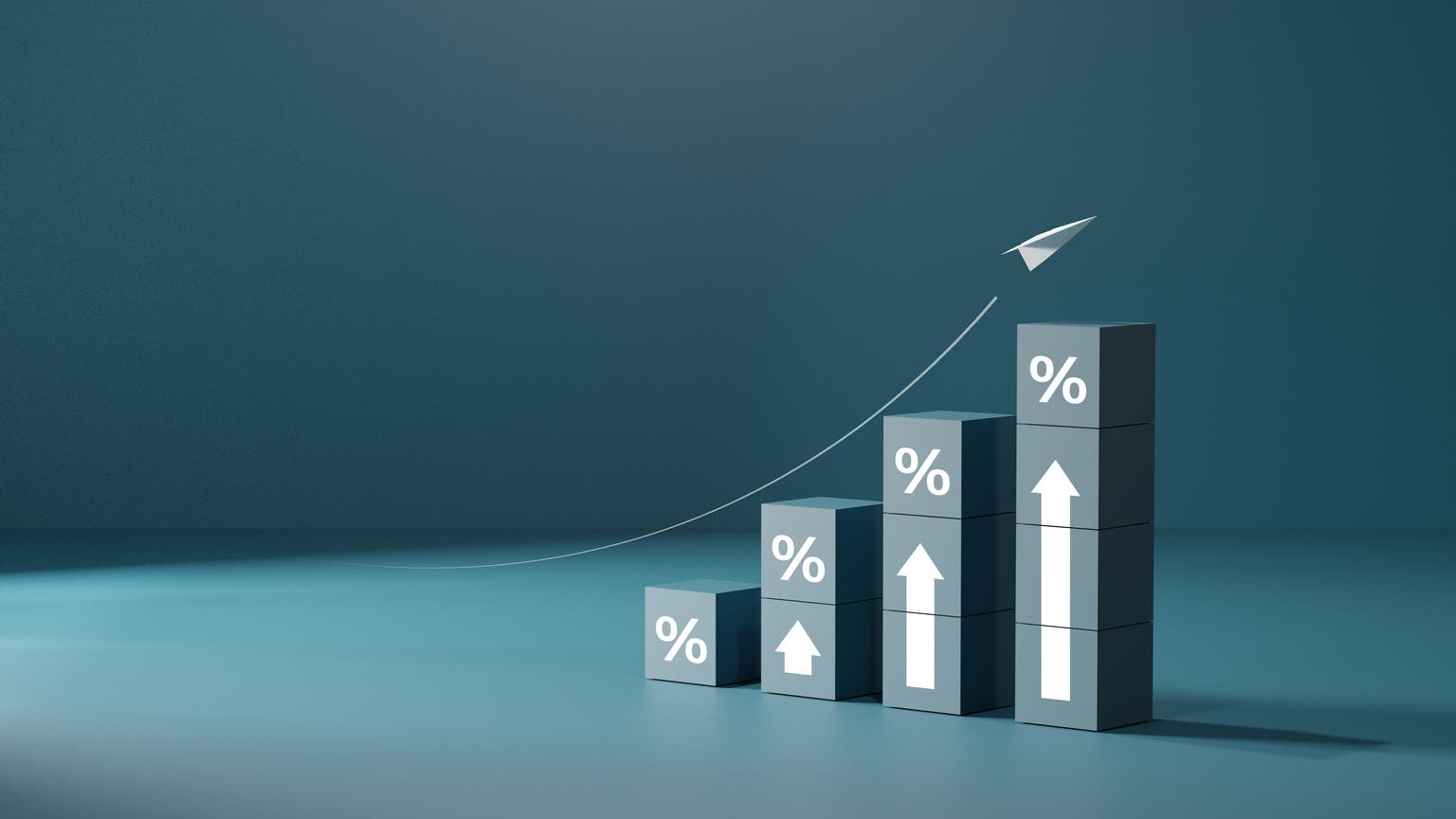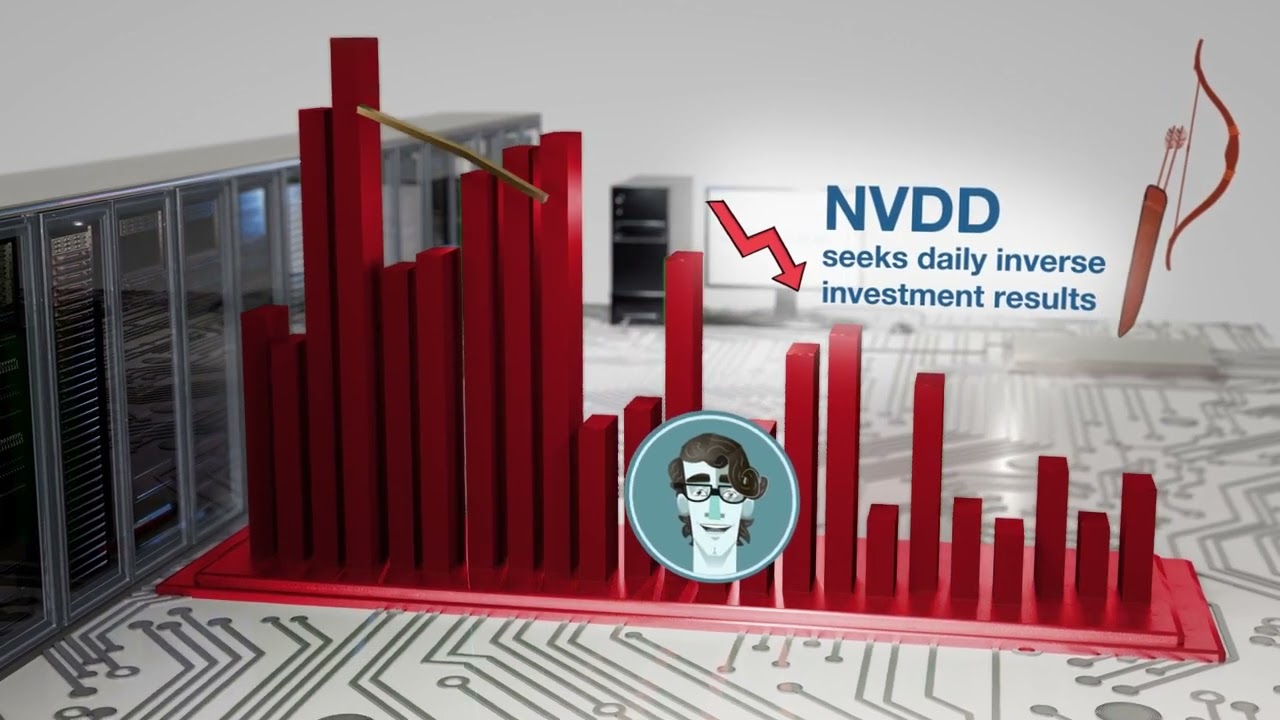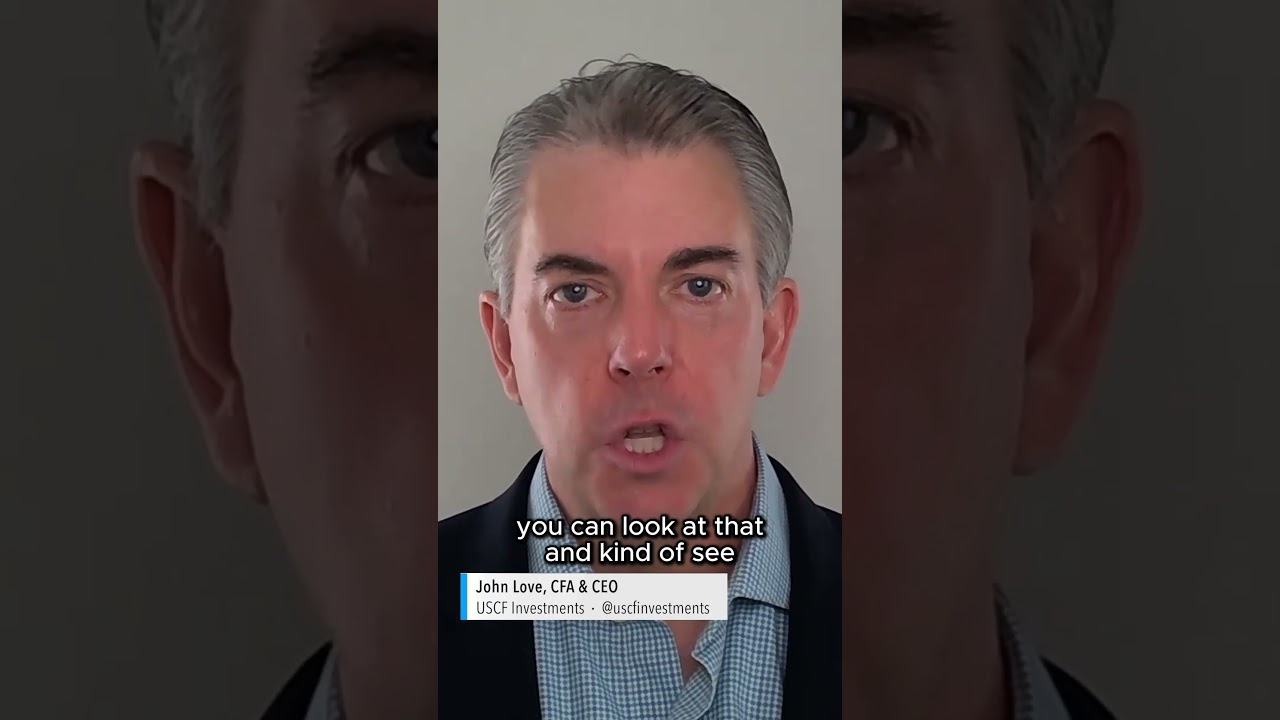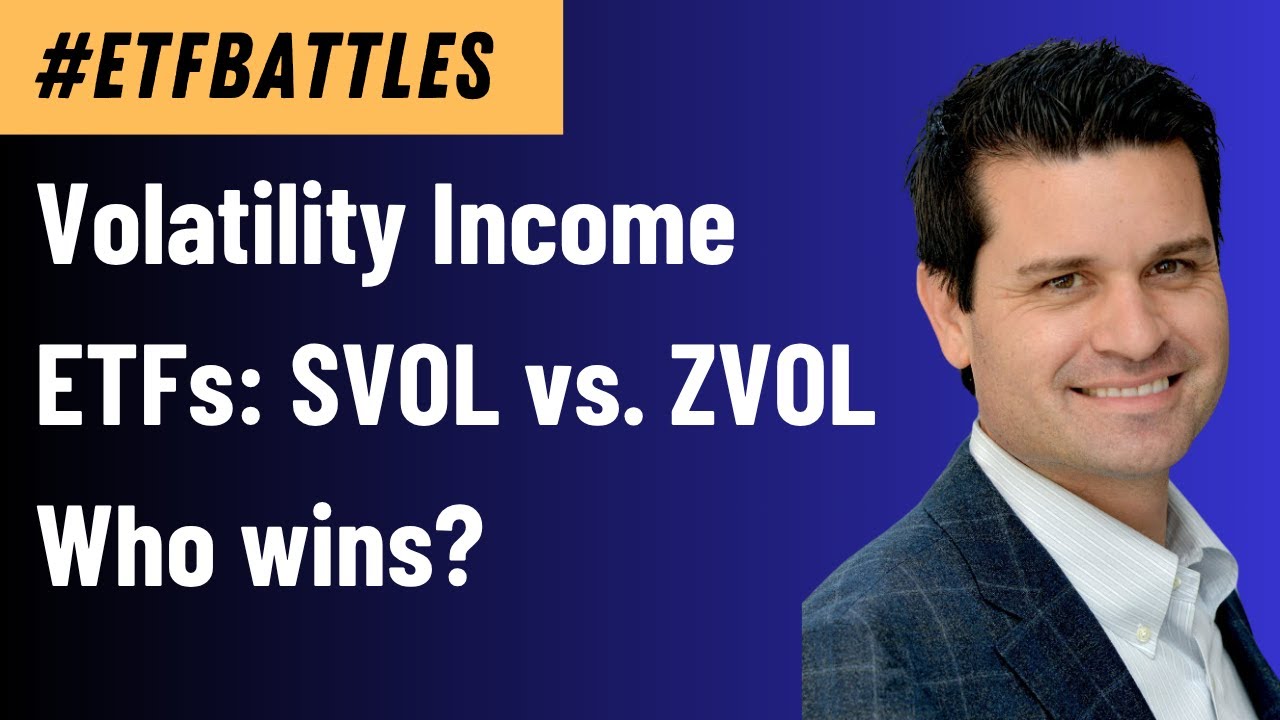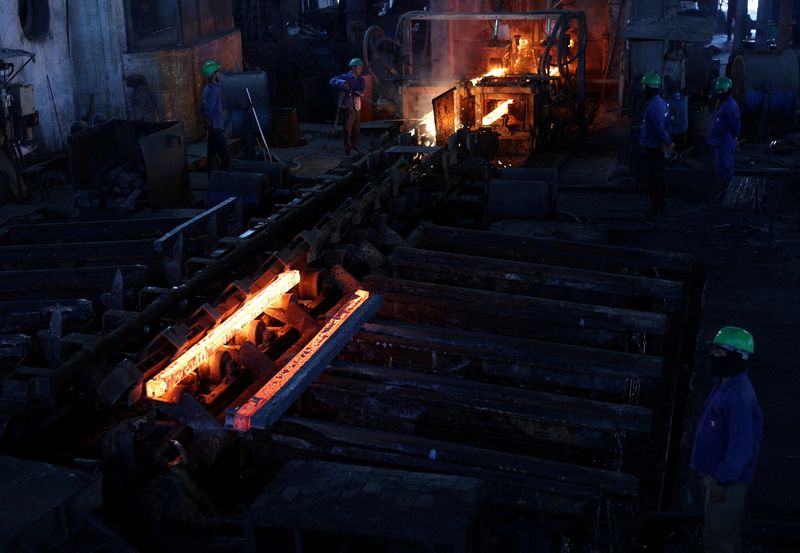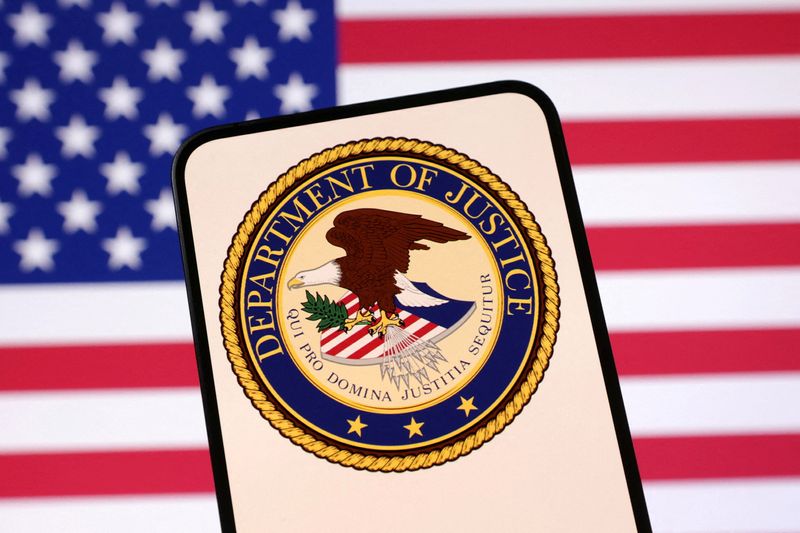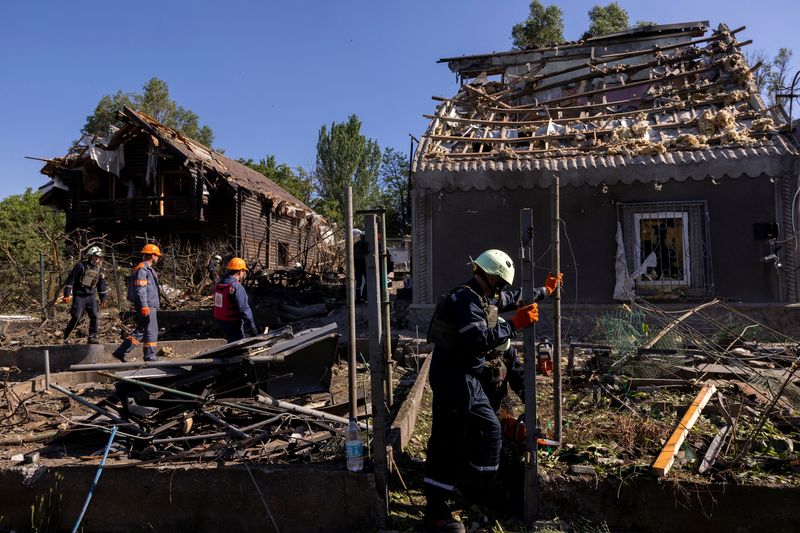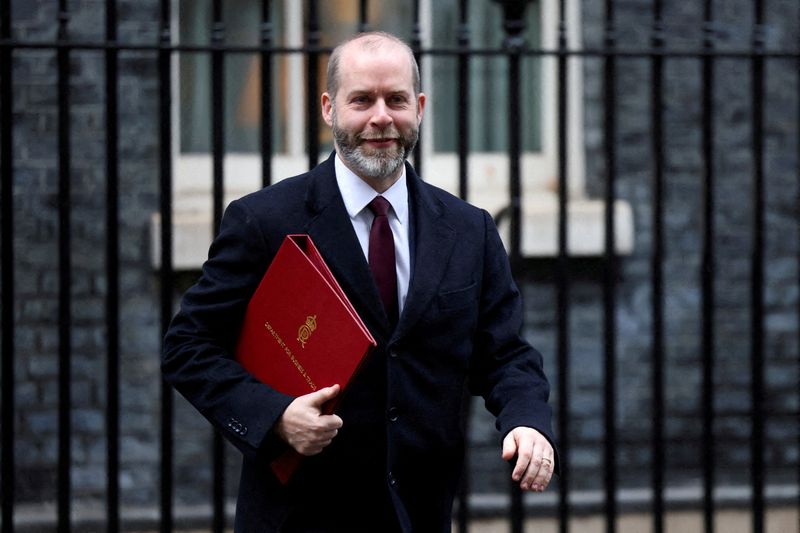Stock markets dip as Beijing blasts Trump’s ‘bogus charges’ that it’s violating the Geneva trade agreement
The U.S. and China are accusing each other of undermining an uneasy truce in their trade.
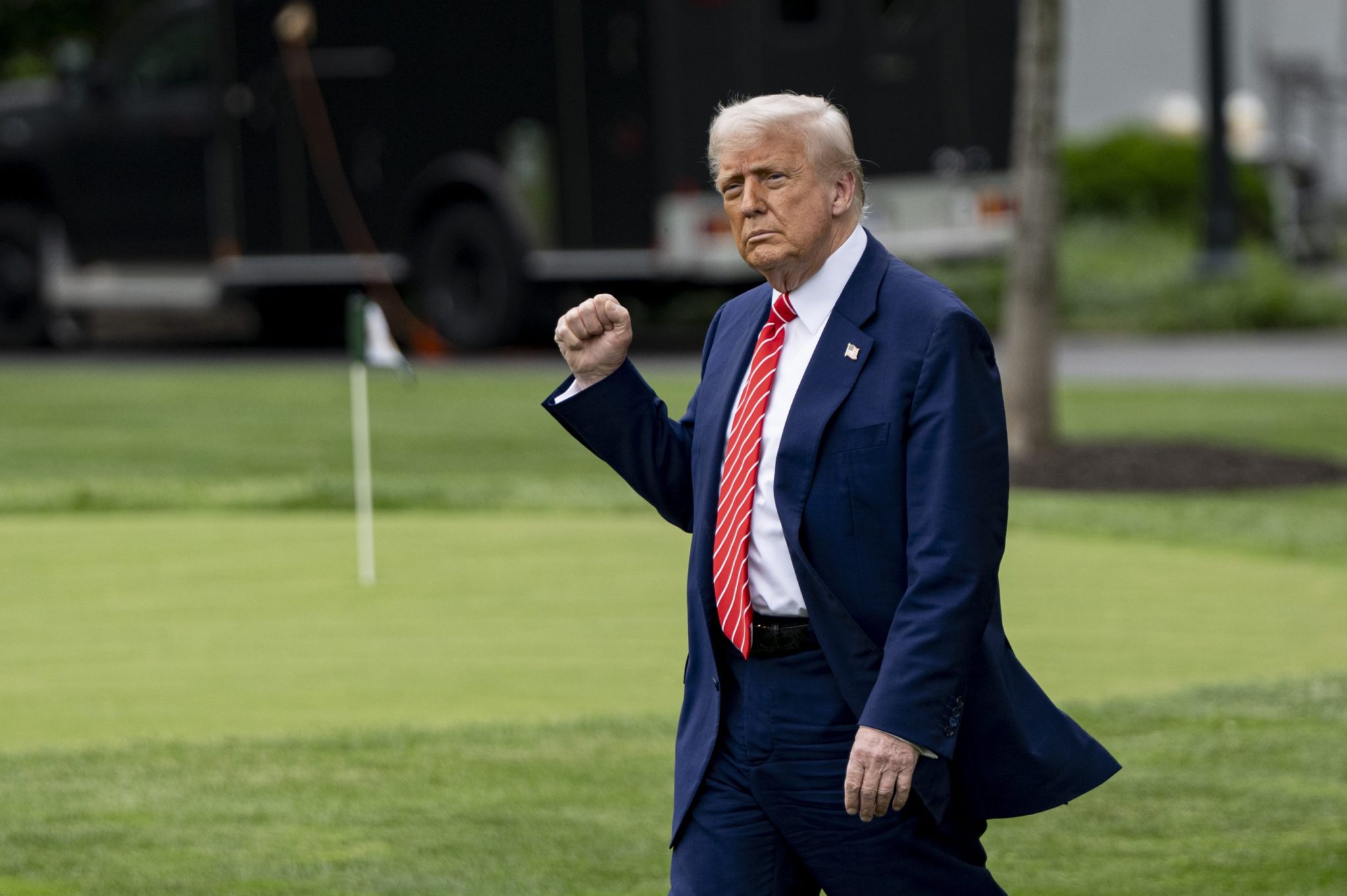
Chinese shares fell Monday after U.S. President Donald Trump reinvigorated trade tensions with China, threatening an unsteady truce since negotiations in Geneva last month.
Hong Kong’s Hang Seng Index, which tracks companies traded in the Chinese city, fell by around 0.6% on Monday. Markets in mainland China are closed due to the Dragon Boat Festival holiday.
On Friday, Trump argued that Beijing had “totally violated” its agreement with the U.S. The two sides had agreed to suspend most of their tariffs on each other for three months to allow for continued trade negotiations.
Beijing hit back on Monday, accusing U.S. officials of spreading “bogus charges.”
“China firmly rejects these unreasonable accusations,” the country’s commerce ministry said, and again complained of further U.S. “discriminatory restrictive measures” since the Geneva negotiations.
S&P 500 futures are down 0.5%, as of 4:30am Eastern time. The STOXX Europe 600 is down 0.2%.
Back-and-forth on tariffs
Trump on Friday didn’t elaborate as to why he felt Beijing wasn’t living up to its promises.
Yet Trump officials have pointed to rare earth exports as one sticking point. As part of its retaliatory measures against the U.S., Beijing expanded its export controls on rare earth metals, used in key components for semiconductors, electronics and military equipment.
In a Friday television interview, U.S. Trade Representative Jamieson Greer suggested that China was continuing to “slow down and choke off” these mineral exports.
Beijing, too, has accused the U.S. of not fulfilling its promises. After the U.S. suggested that using Huawei’s AI chips could violate the country’s export controls, Beijing grumbled that the suggestion undermined the “consensus” reached at Geneva.
The U.S. has reportedly expanded its export controls since then to include other high-tech goods like chip control software and aviation equipment.
It has also threatened to revoke the visas of Chinese students studying in the U.S., if they have ties to China’s Communist Party or are working in “critical fields.”
Still, U.S. Treasury Secretary Scott Bessent, in contrast to the more hawkish tone of other members of the administration, held out hope for a call between Trump and Chinese President Xi Jinping “very soon.”
“I’m confident that when President Trump and Party Chairman Xi have a call that this will be ironed out,” he said on CBS’s Face the Nation on Sunday.
Japan down too
Japan’s Nikkei 225 index is also down 1.3% following wary comments from local officials on the state of trade negotiations with the U.S. Other governments are looking to Tokyo to see how their own trade deals with Washington might develop.
Japanese negotiators have stressed that no deal will be possible unless the U.S. makes some concessions on tariffs, particularly those imposed on the auto industry.
Taiwan’s Taiex index also dropped 1.6% on Monday, with steeper falls by major manufacturers like TSMC and Foxconn.
The tariffs clock is ticking. The 90-day pause on the president’s reciprocal tariffs expires on July 9. If the Trump administration doesn’t extend the pause, Japan would face a 24% tariff on its exports to the U.S.
On Sunday, U.S. Commerce Secretary Howard Lutnick suggested that he didn’t think a further extension was coming. (And, besides, the U.S. president may choose to ignore the pause and impose tariffs anyway, as he briefly threatened to do on the European Union).
U.S. courts are adding to the uncertainty. Last Wednesday, a federal court ruled that Trump overstepped his legal authority in imposing his “Liberation Day” tariffs; a day later, an appeals court allowed the tariffs to continue for now as legal deliberations proceed.
And more tariff hits are coming. Over the weekend, at a rally celebrating Nippon Steel’s investment in U.S. Steel, Trump pledged to hike steel tariffs to 50%, starting on June 4.
Other Asian markets appeared to shrug off tariff-related uncertainty. South Korea’s KOSPI index was flat, while Australia’s S&P/ASX 200 dropped just 0.2%. India’s NIFTY 50 was also down just 0.2%, as of 4:30am Eastern Time.
This story was originally featured on Fortune.com


